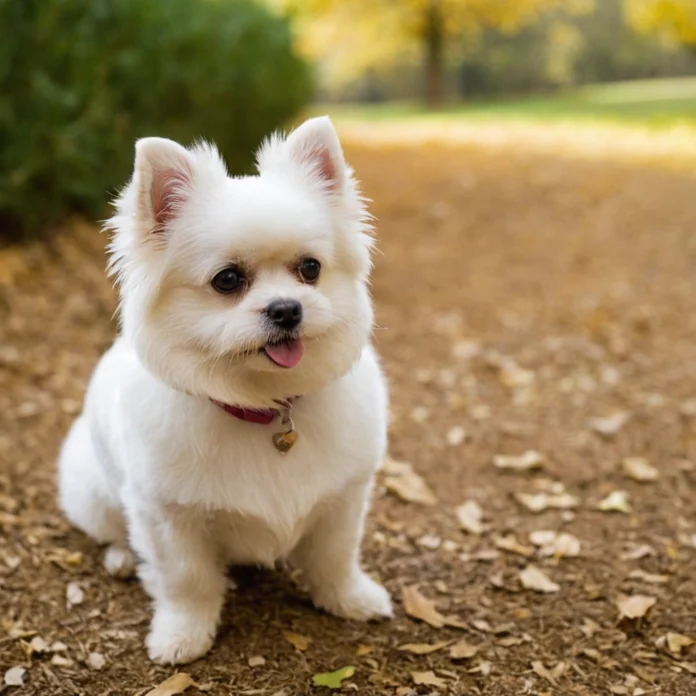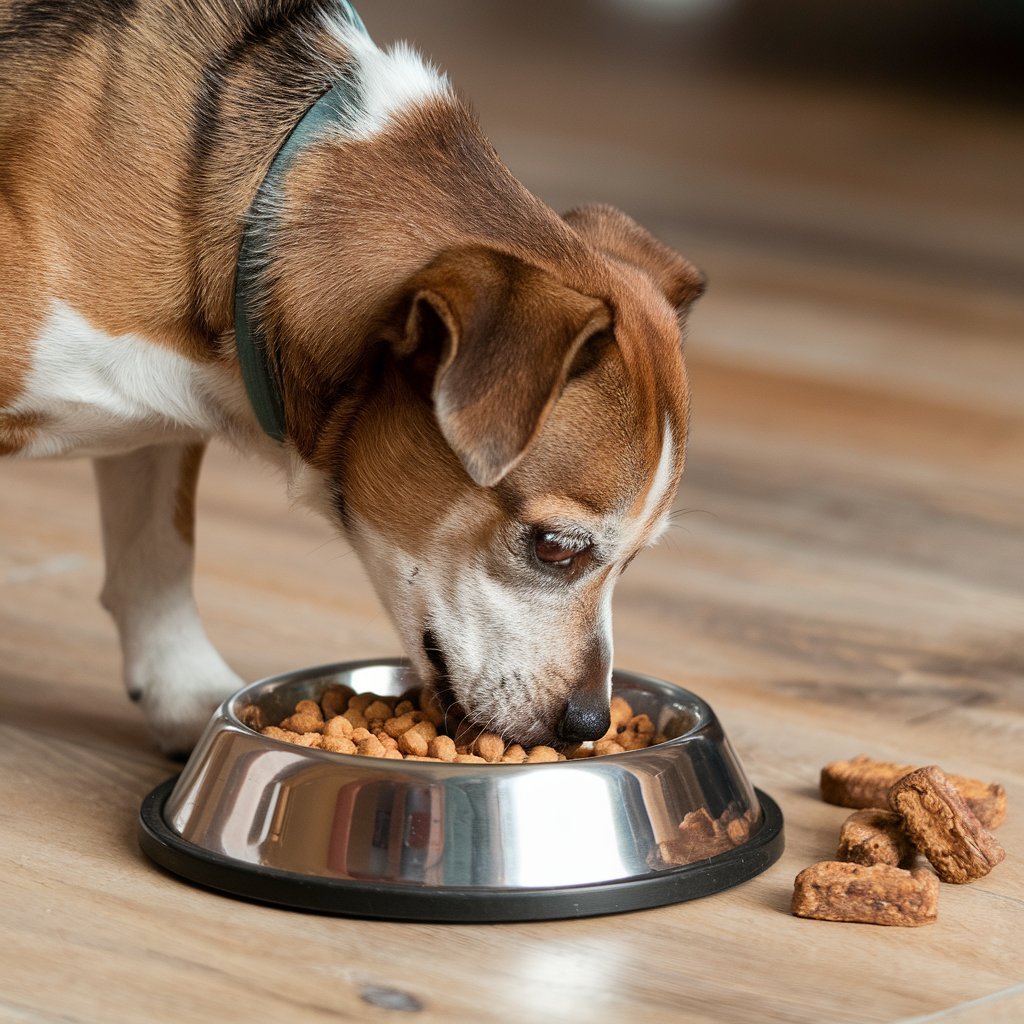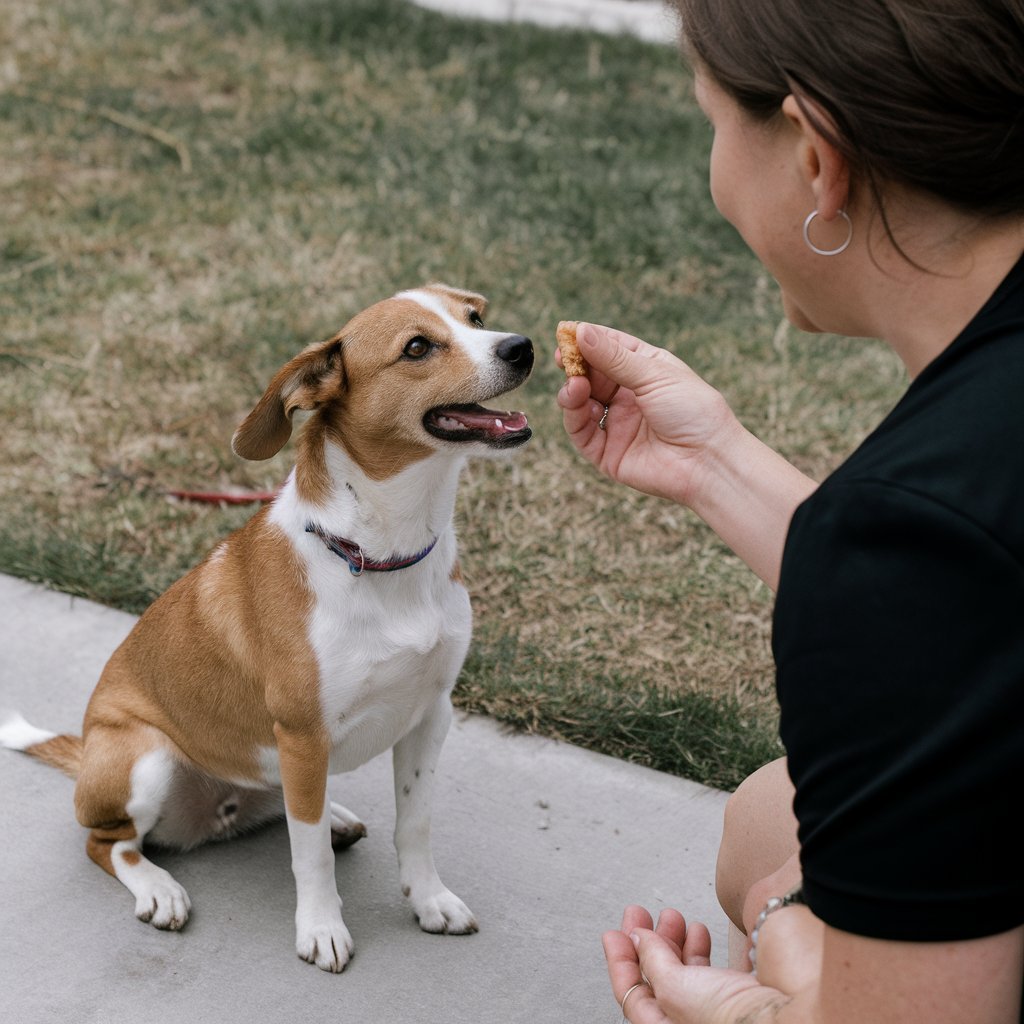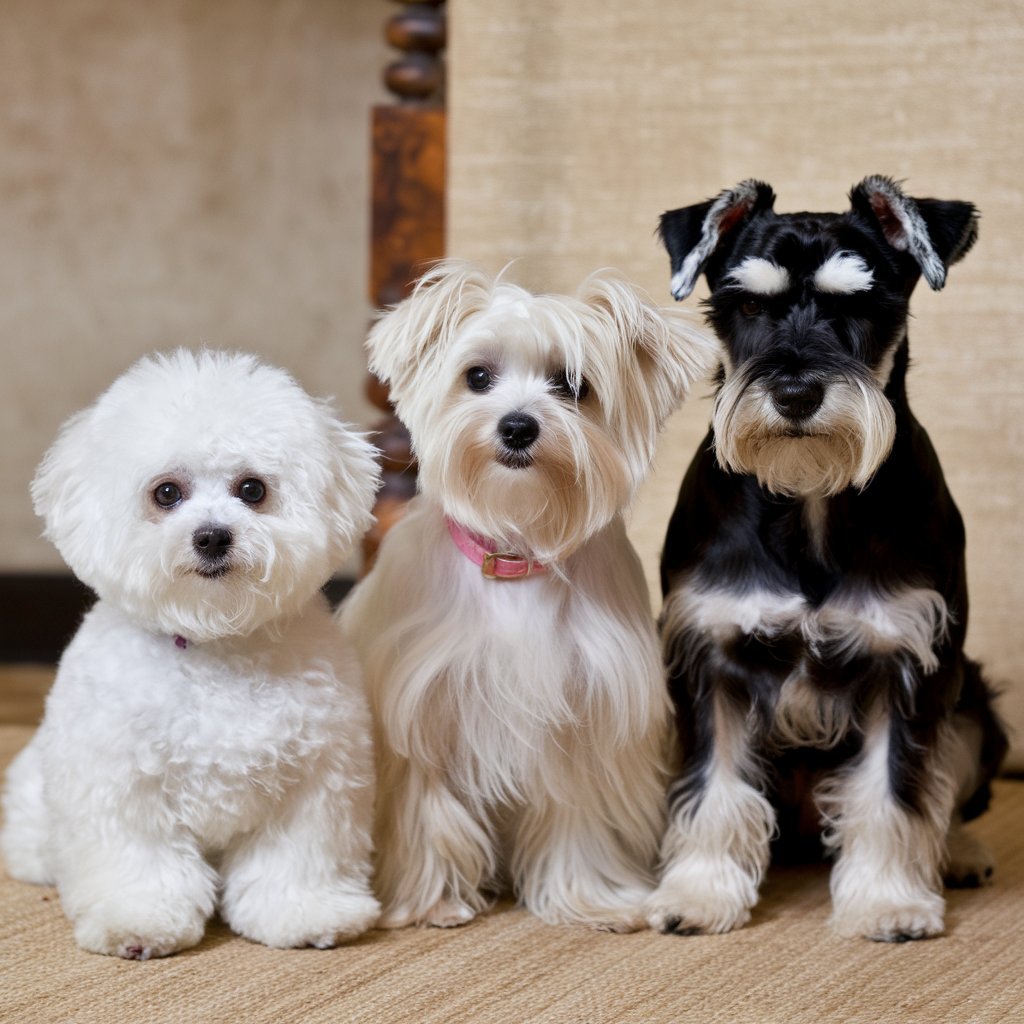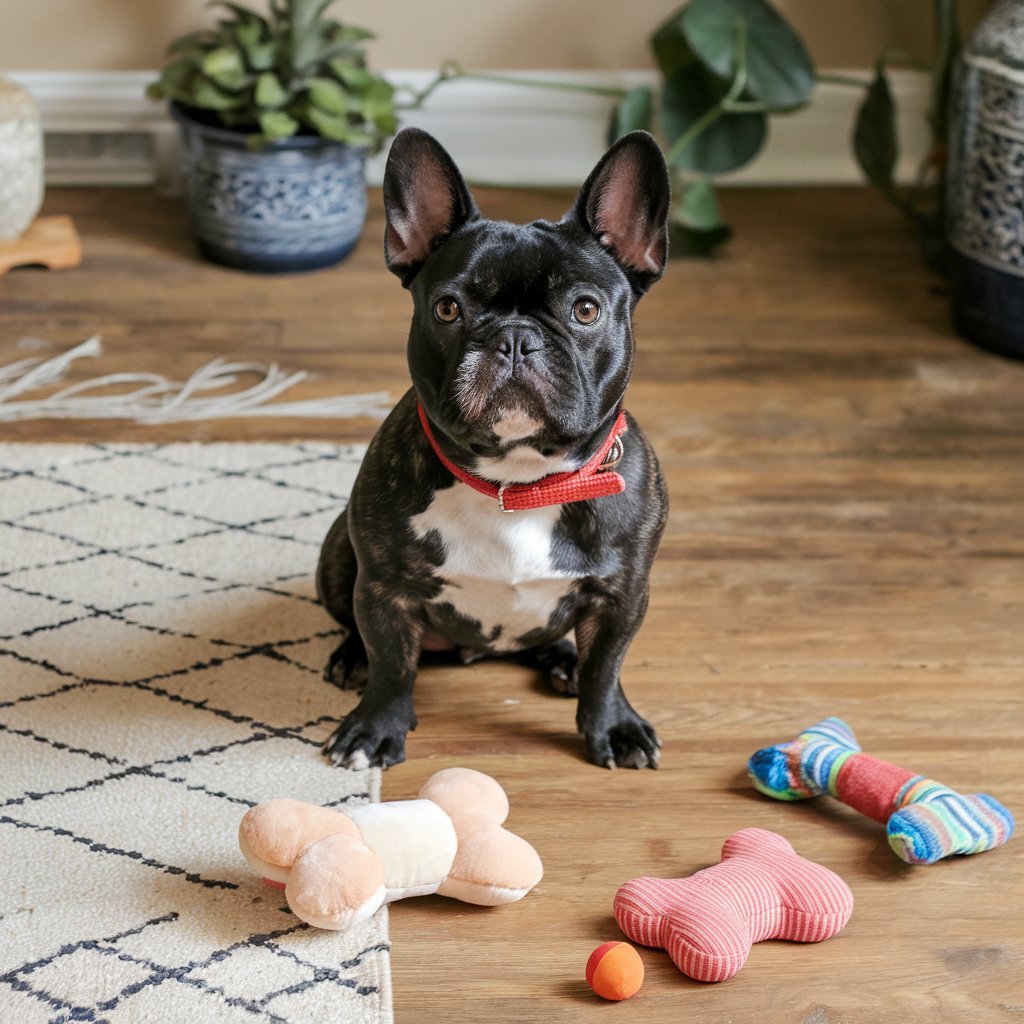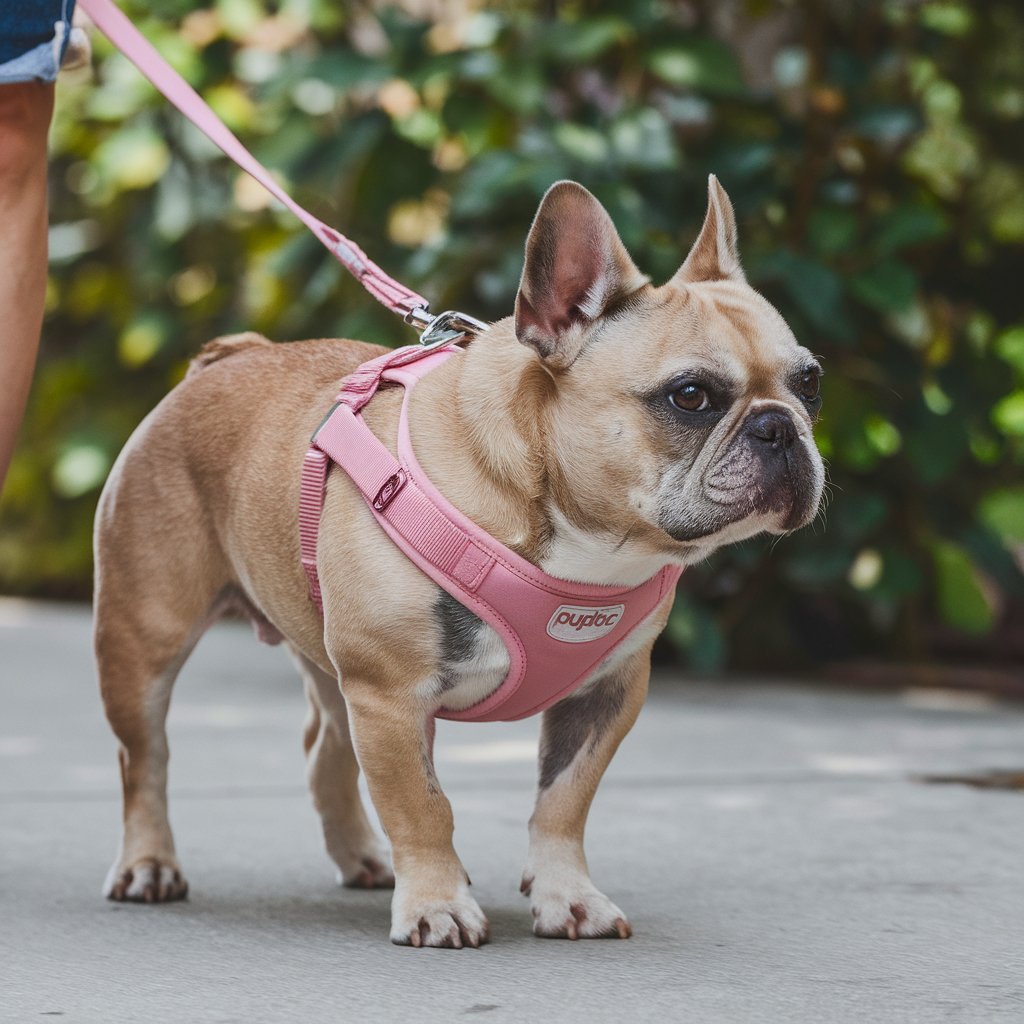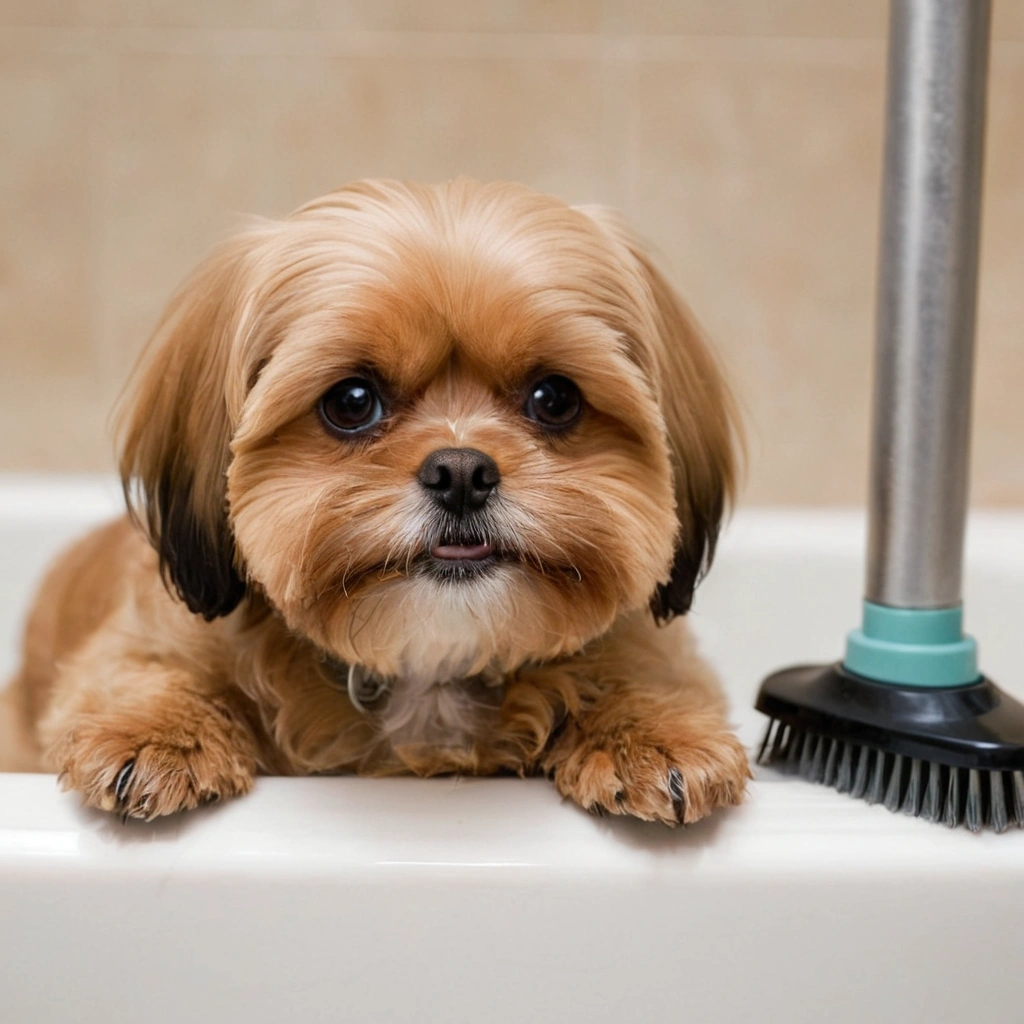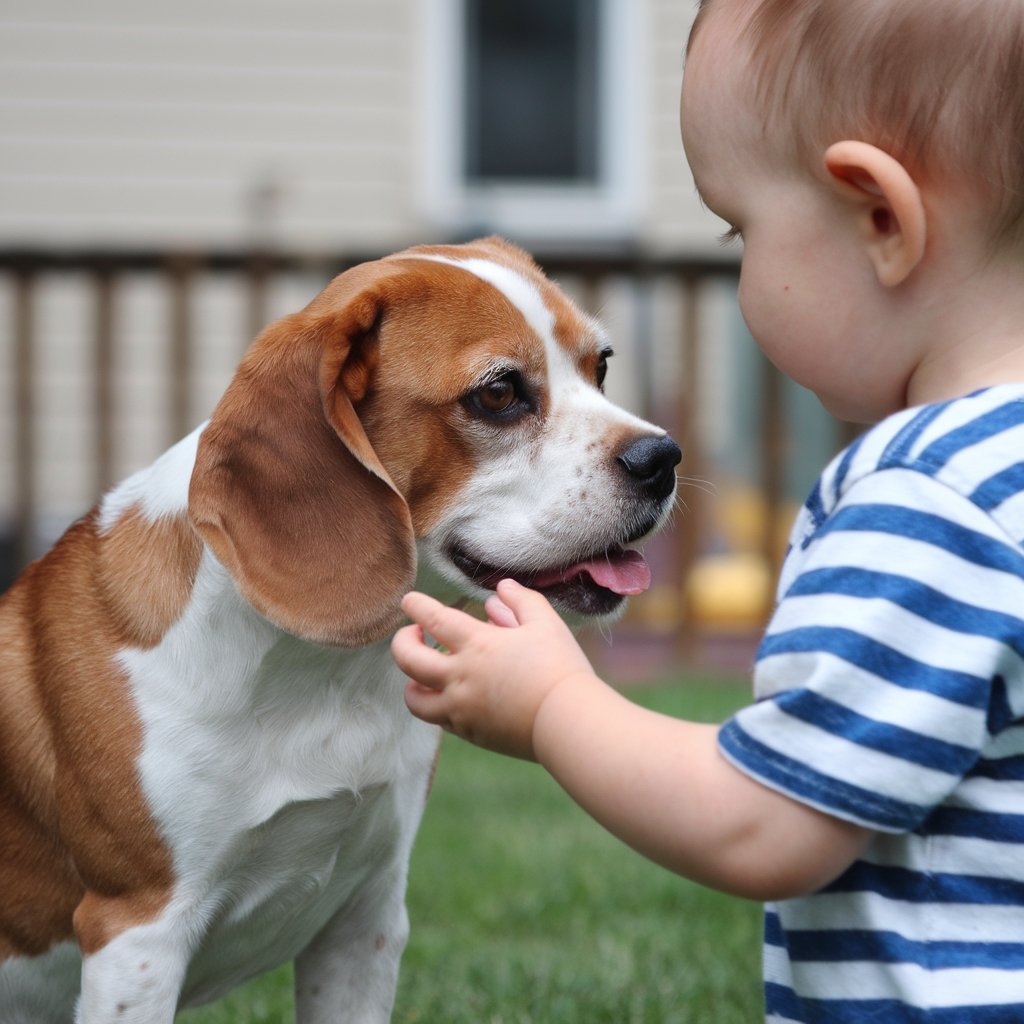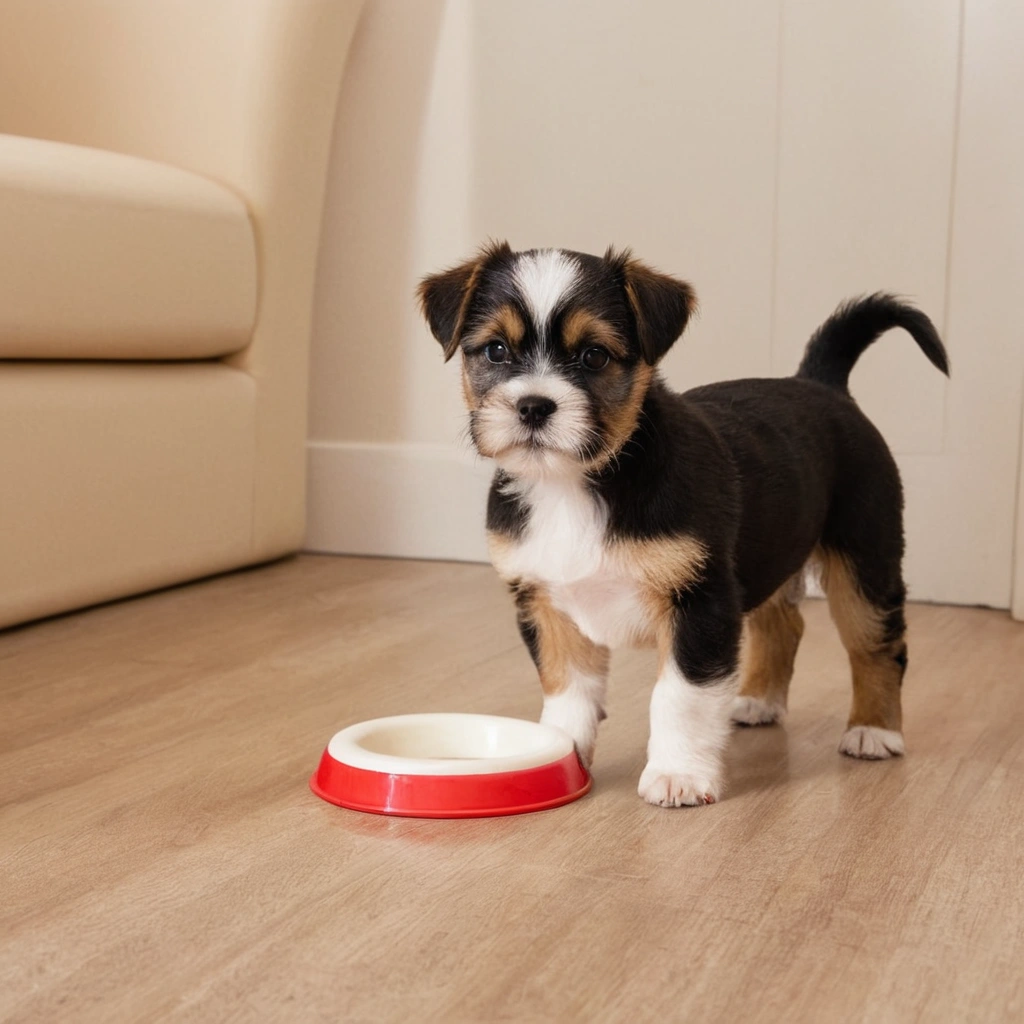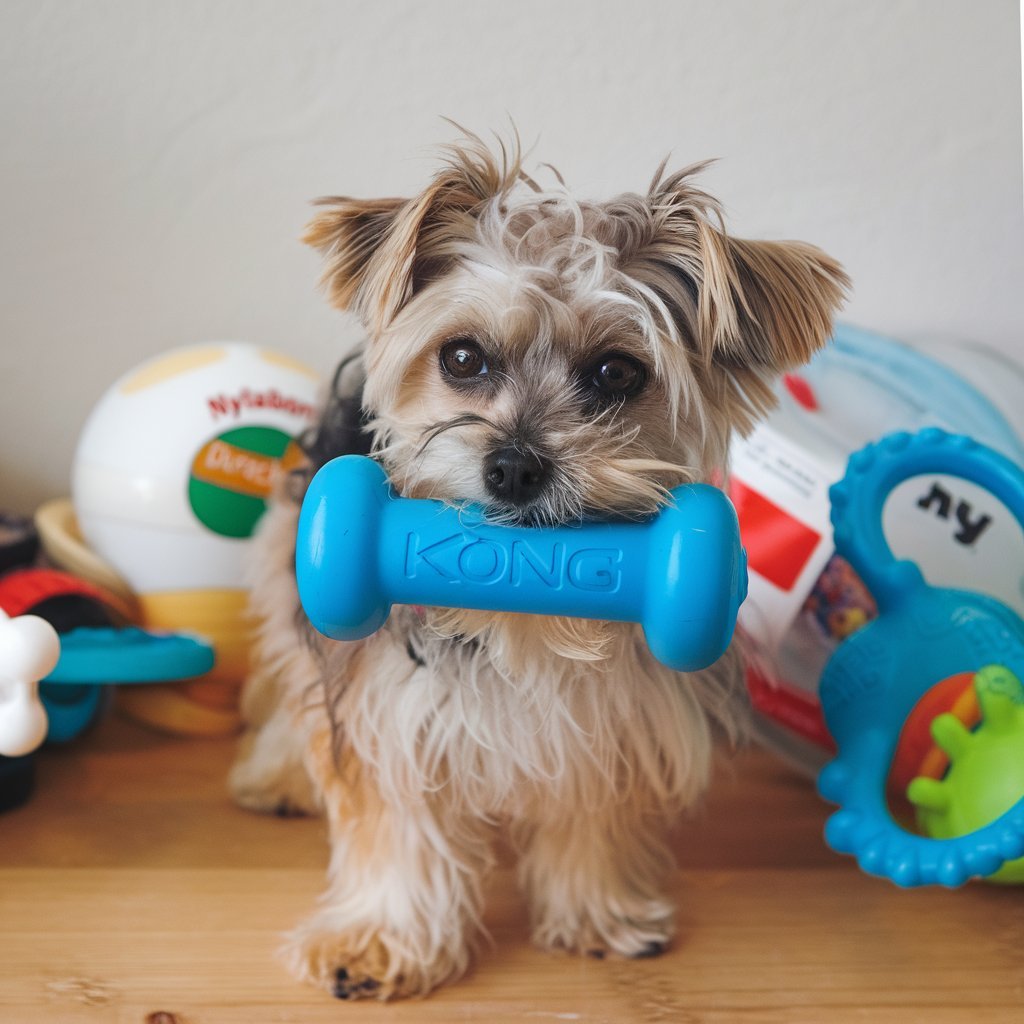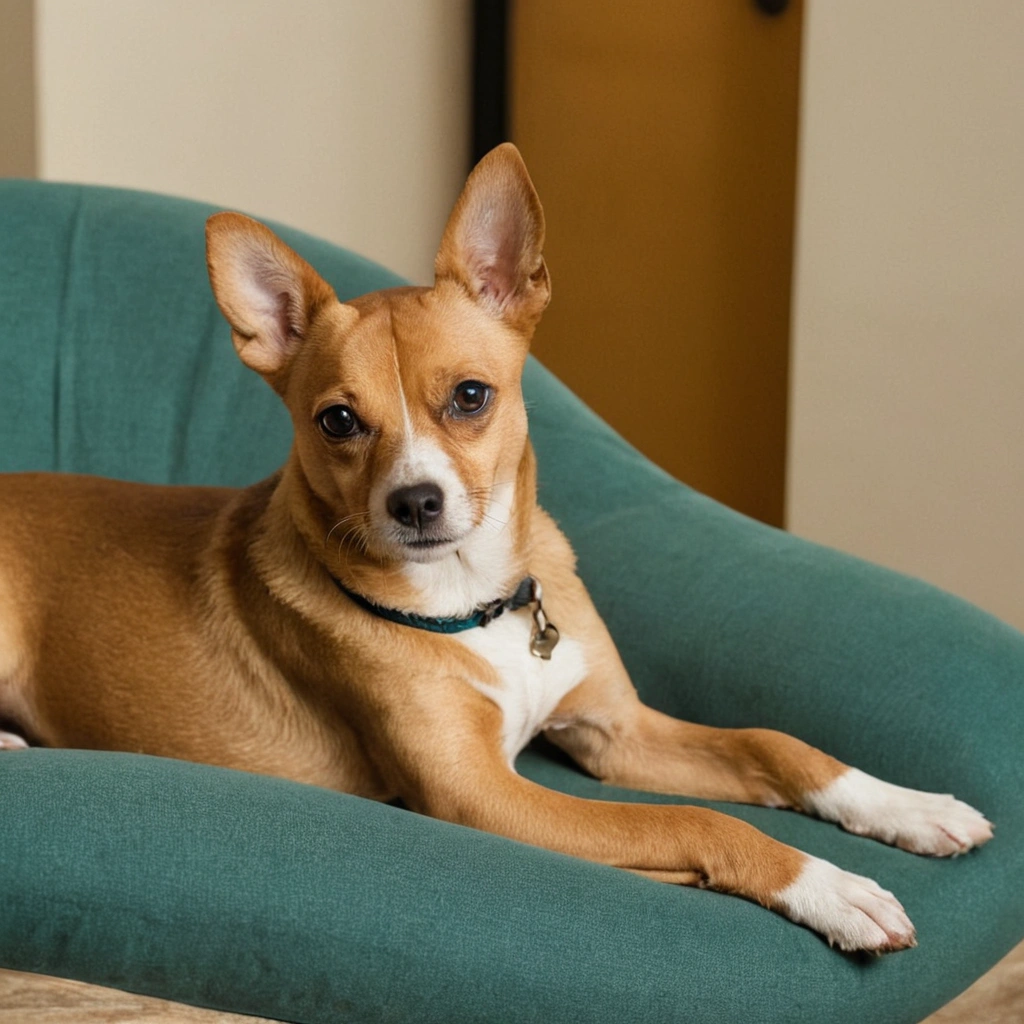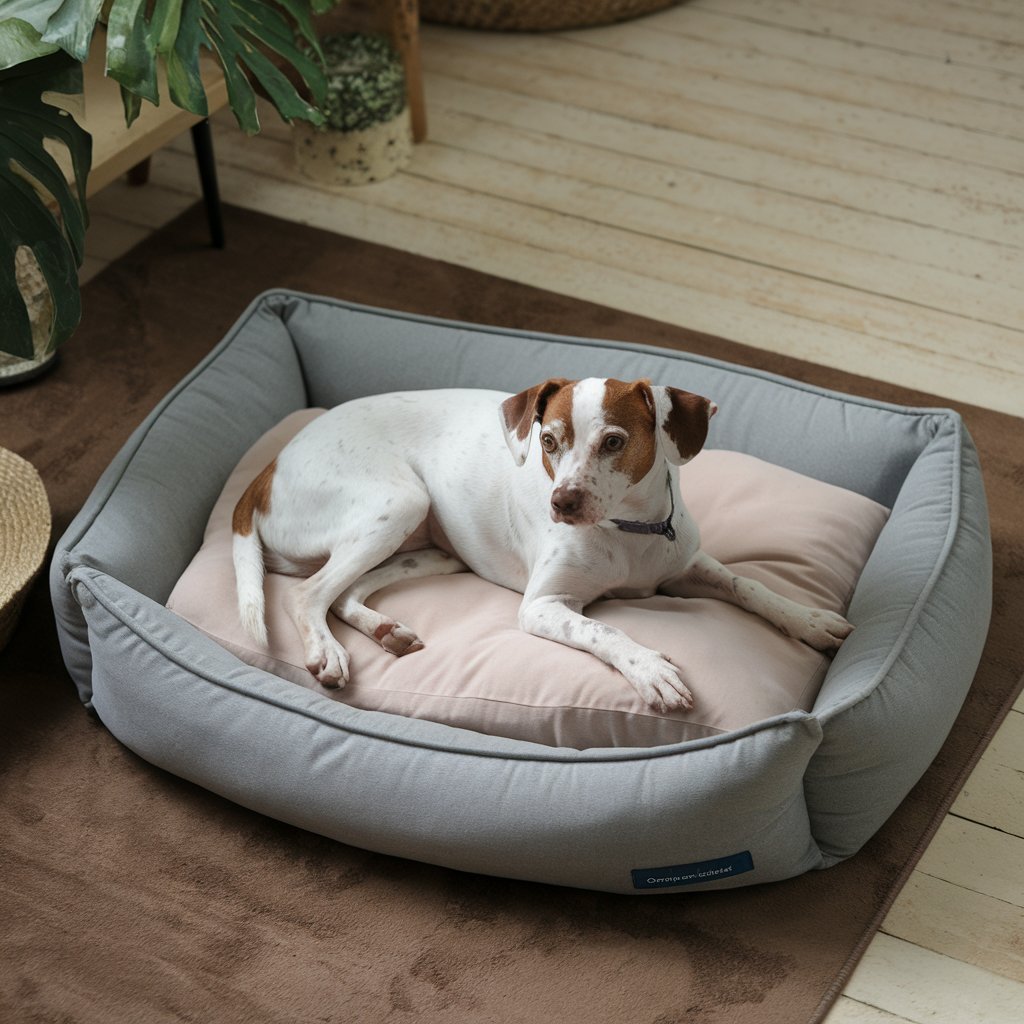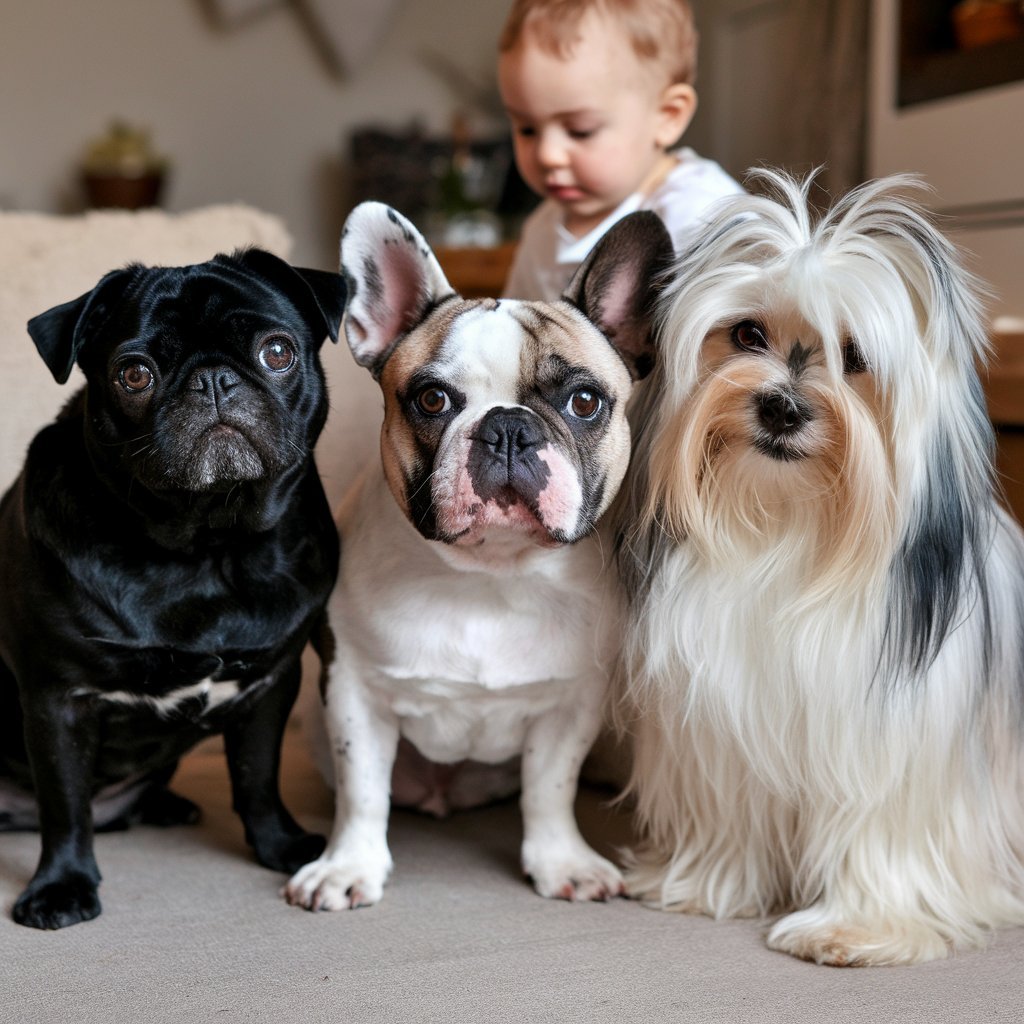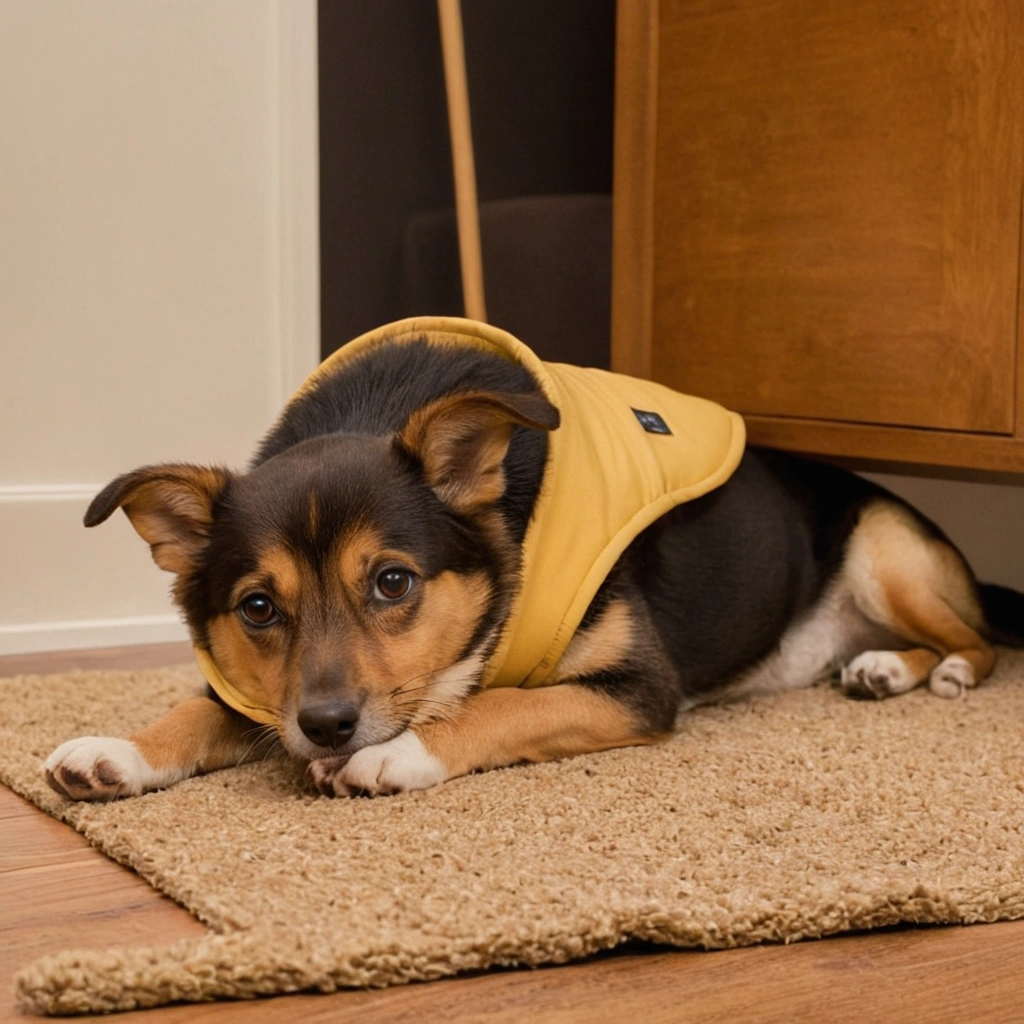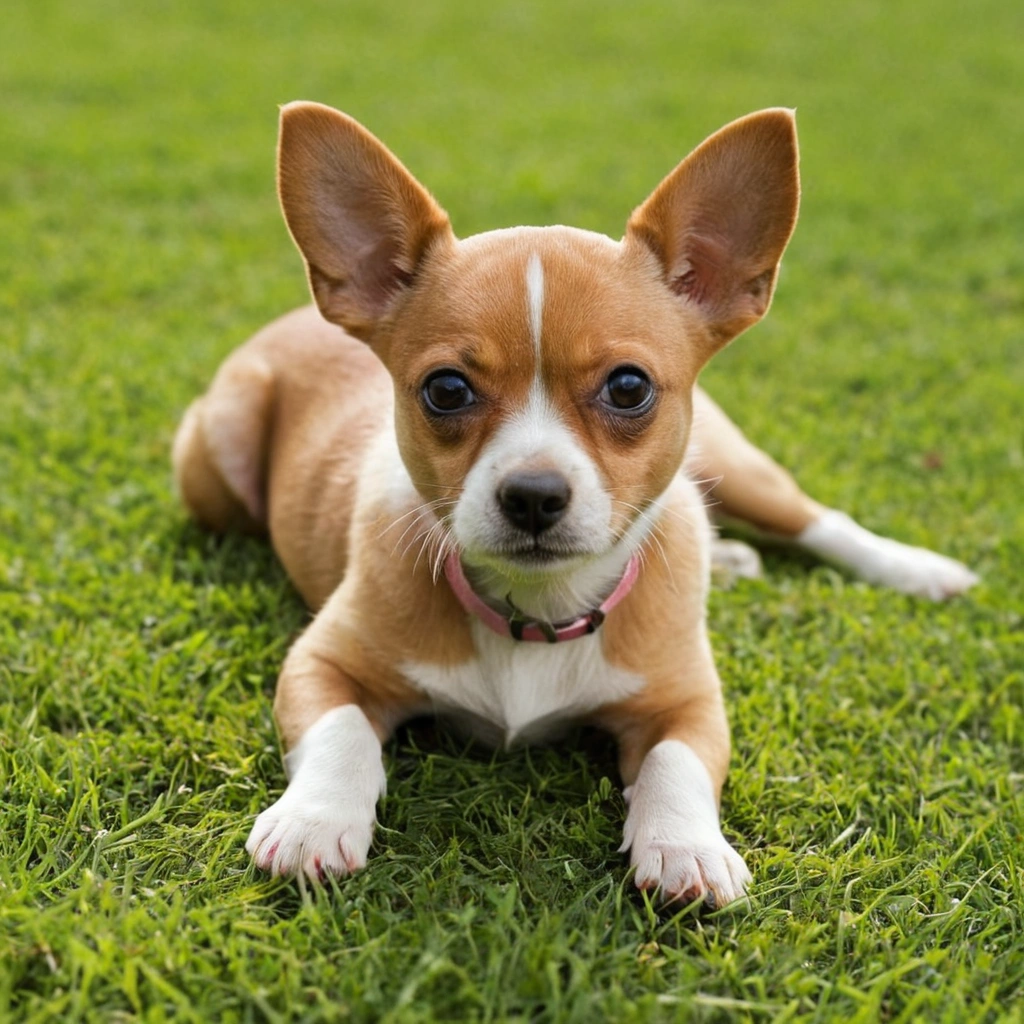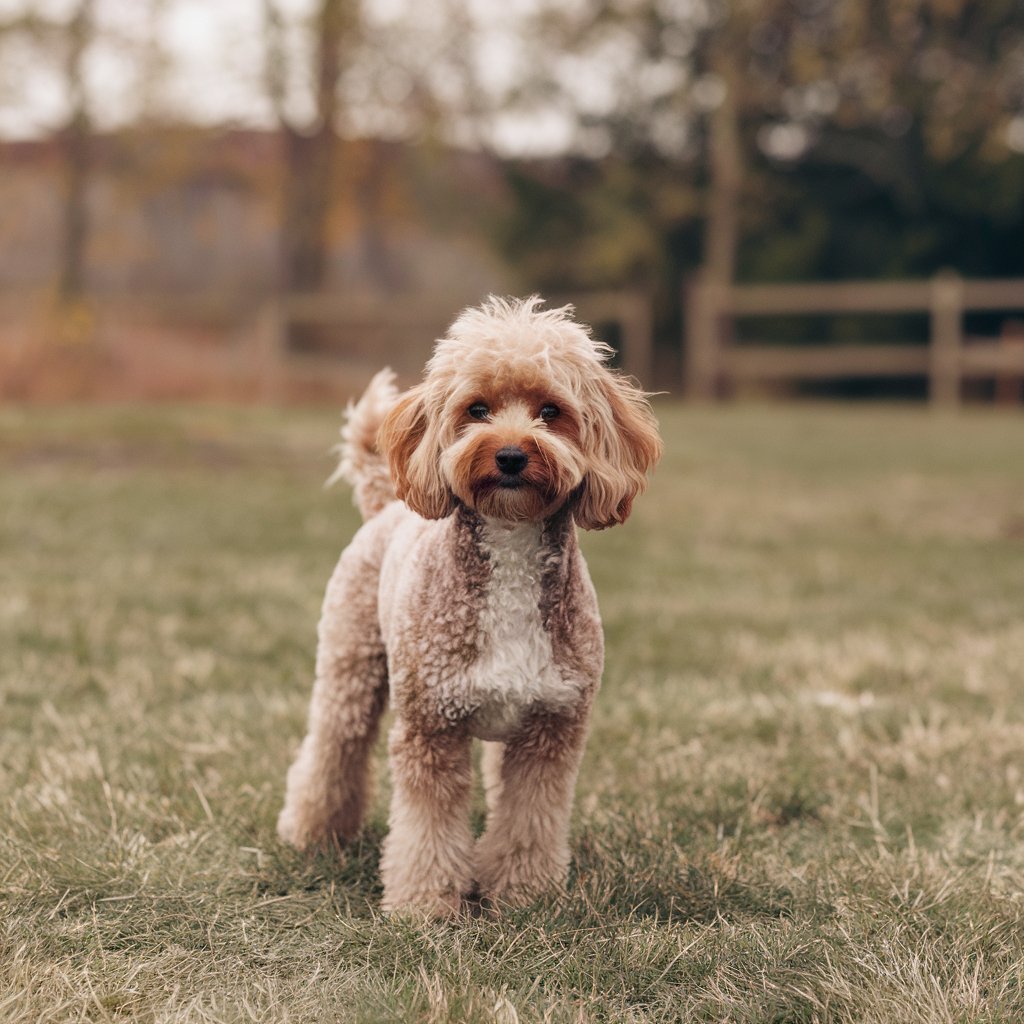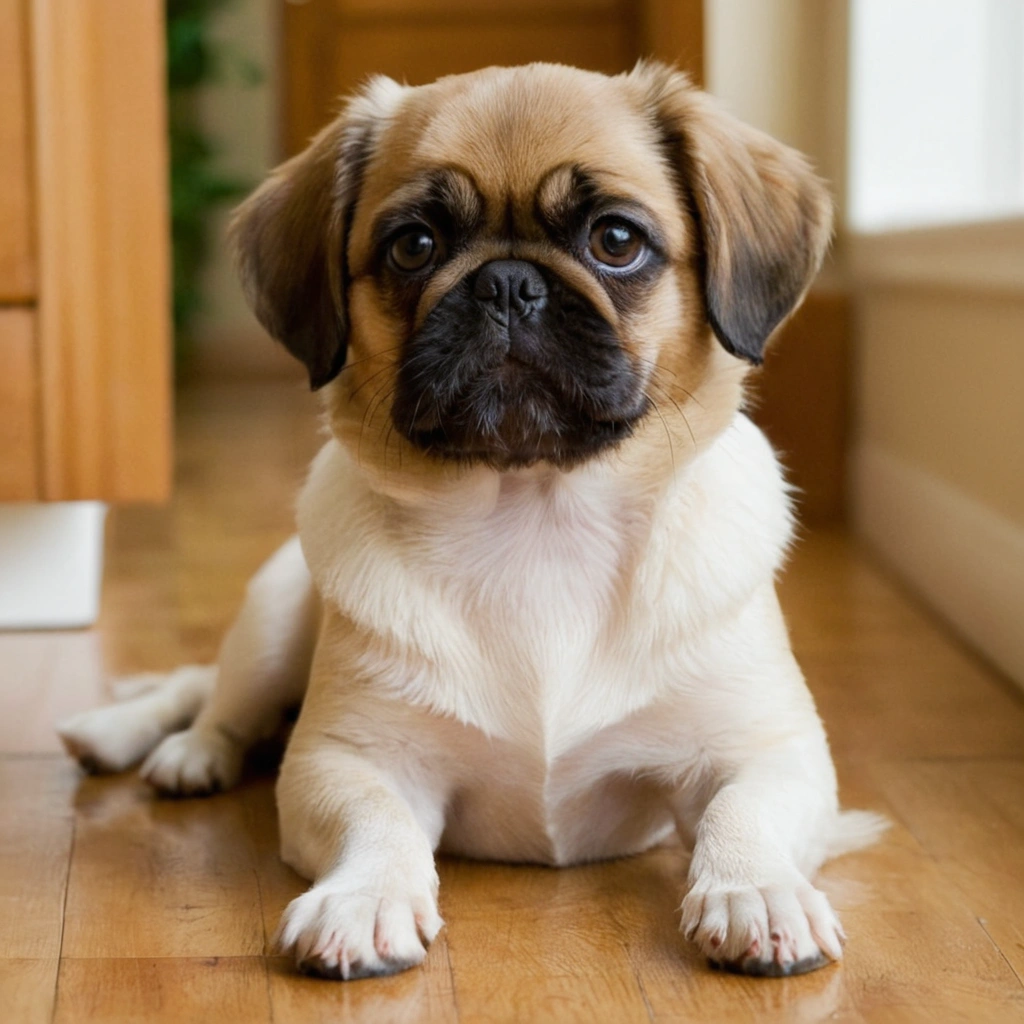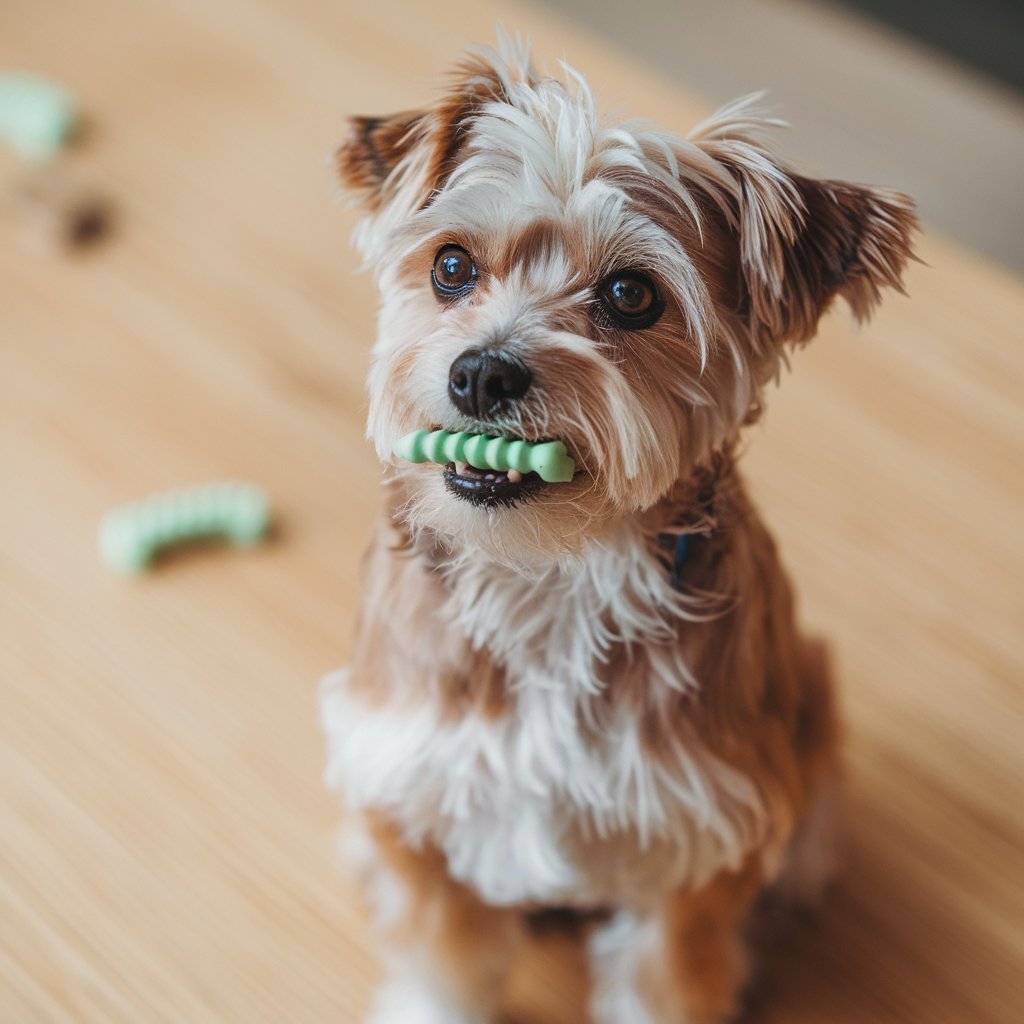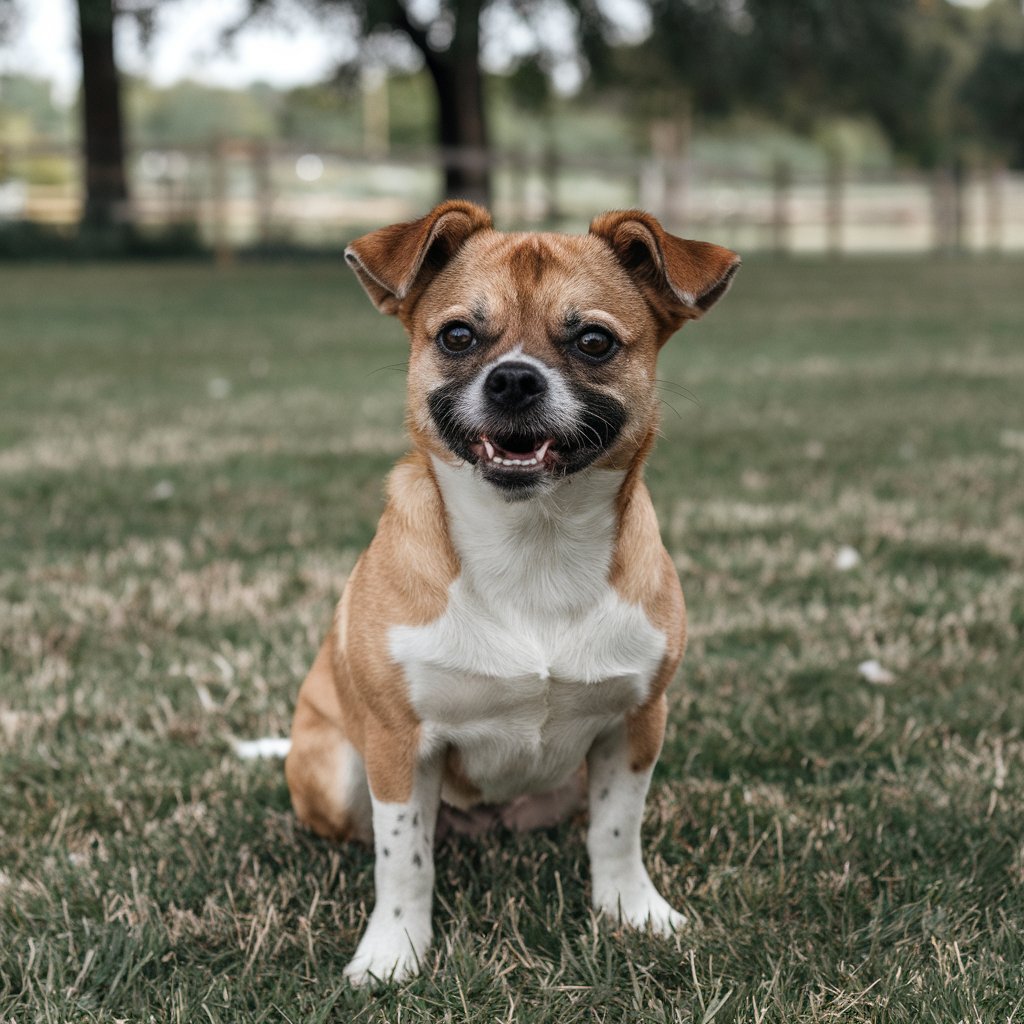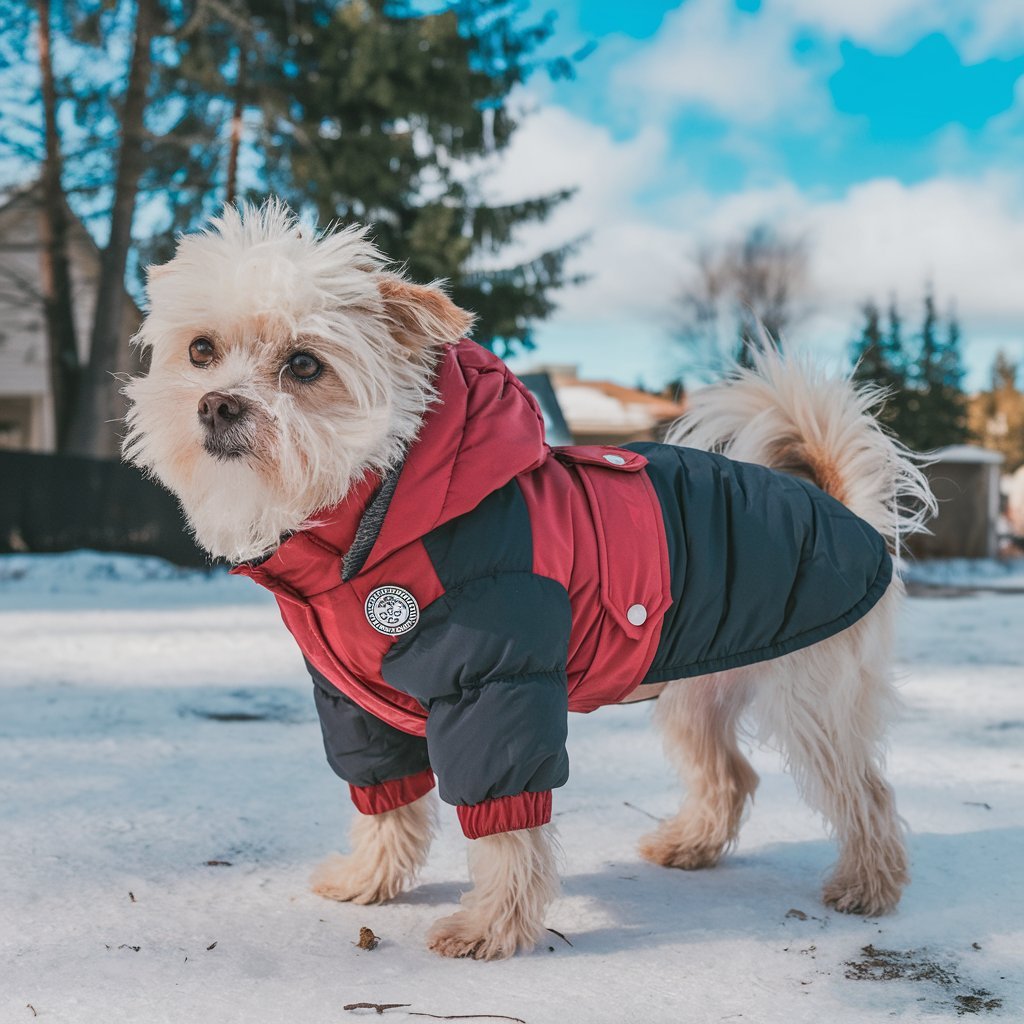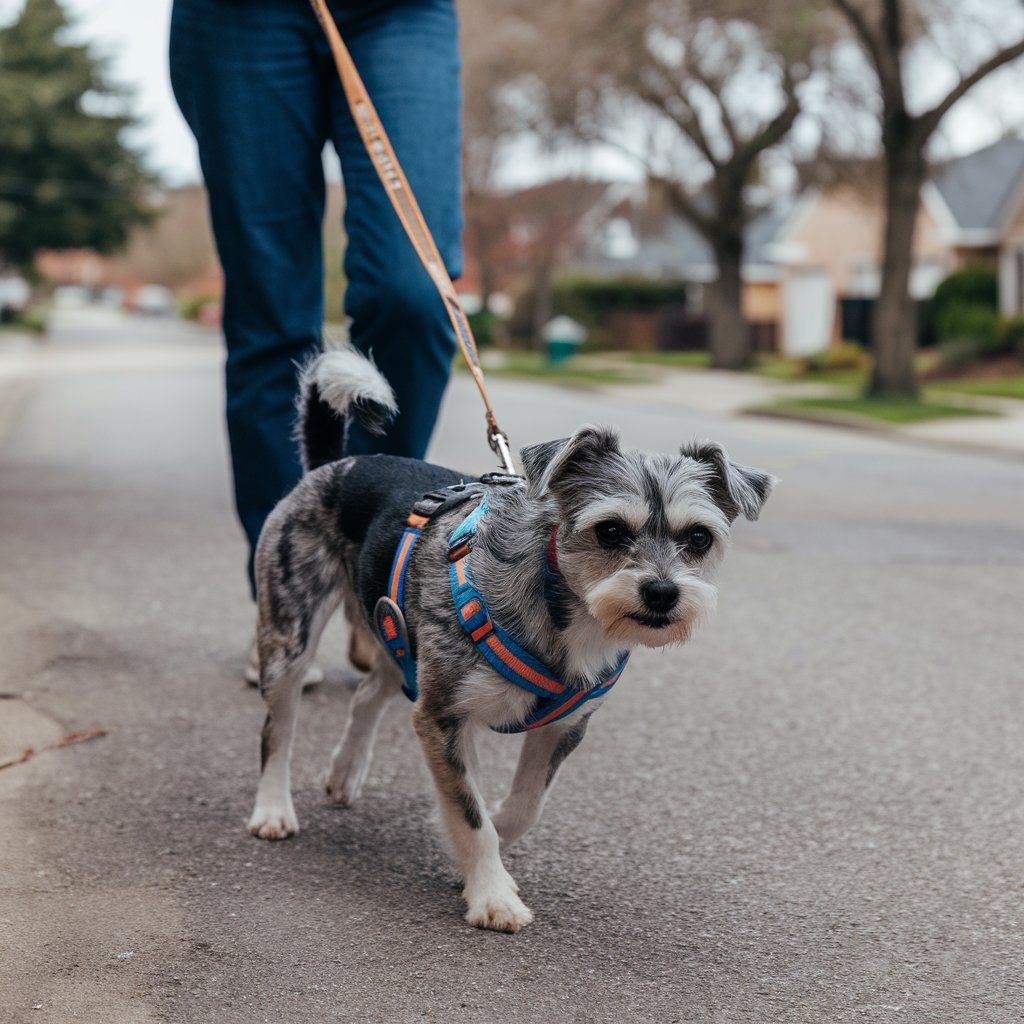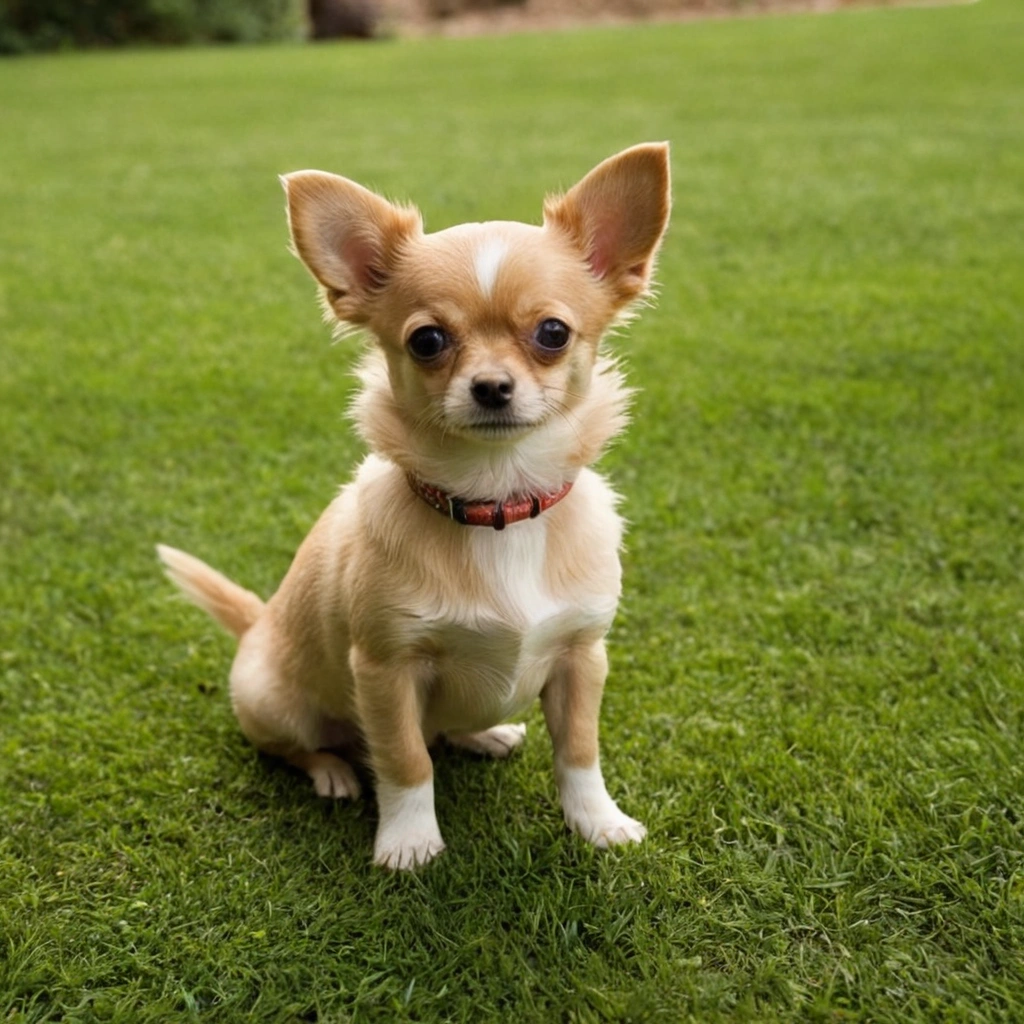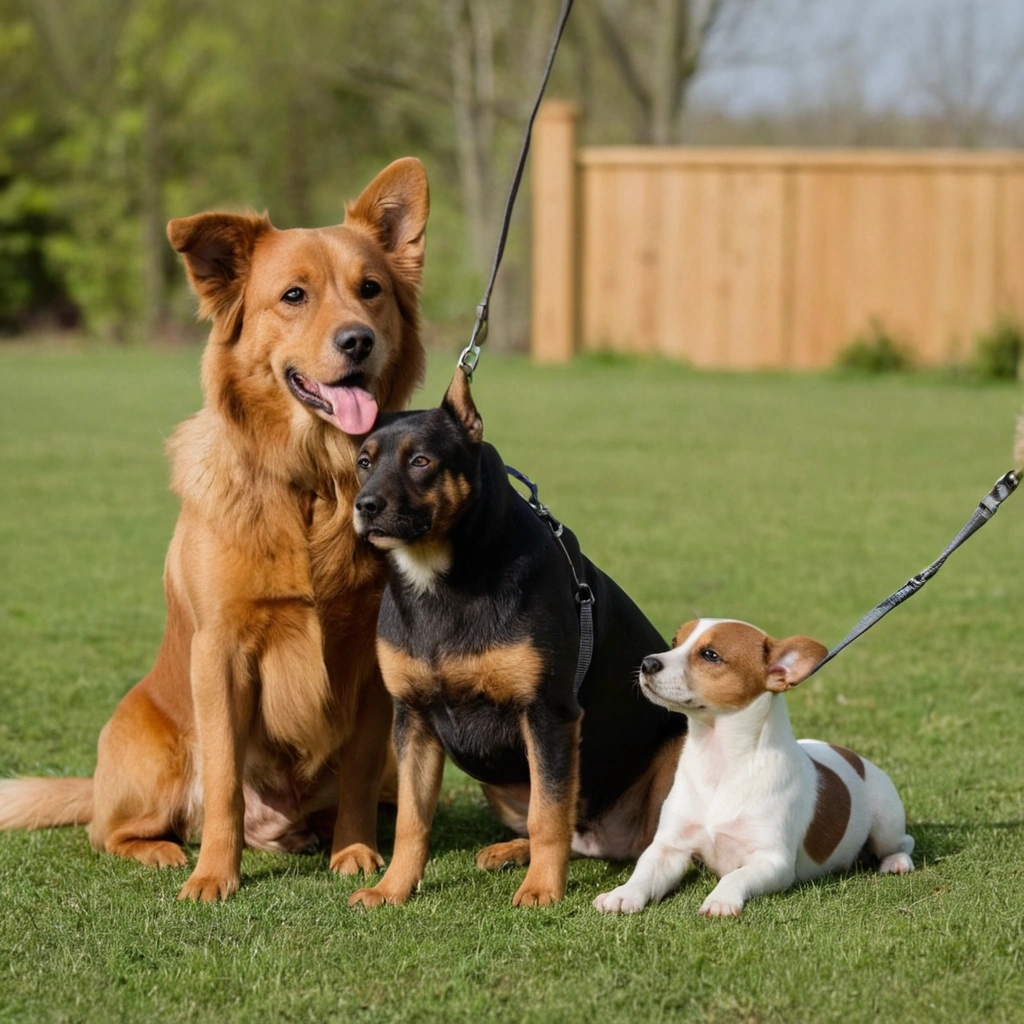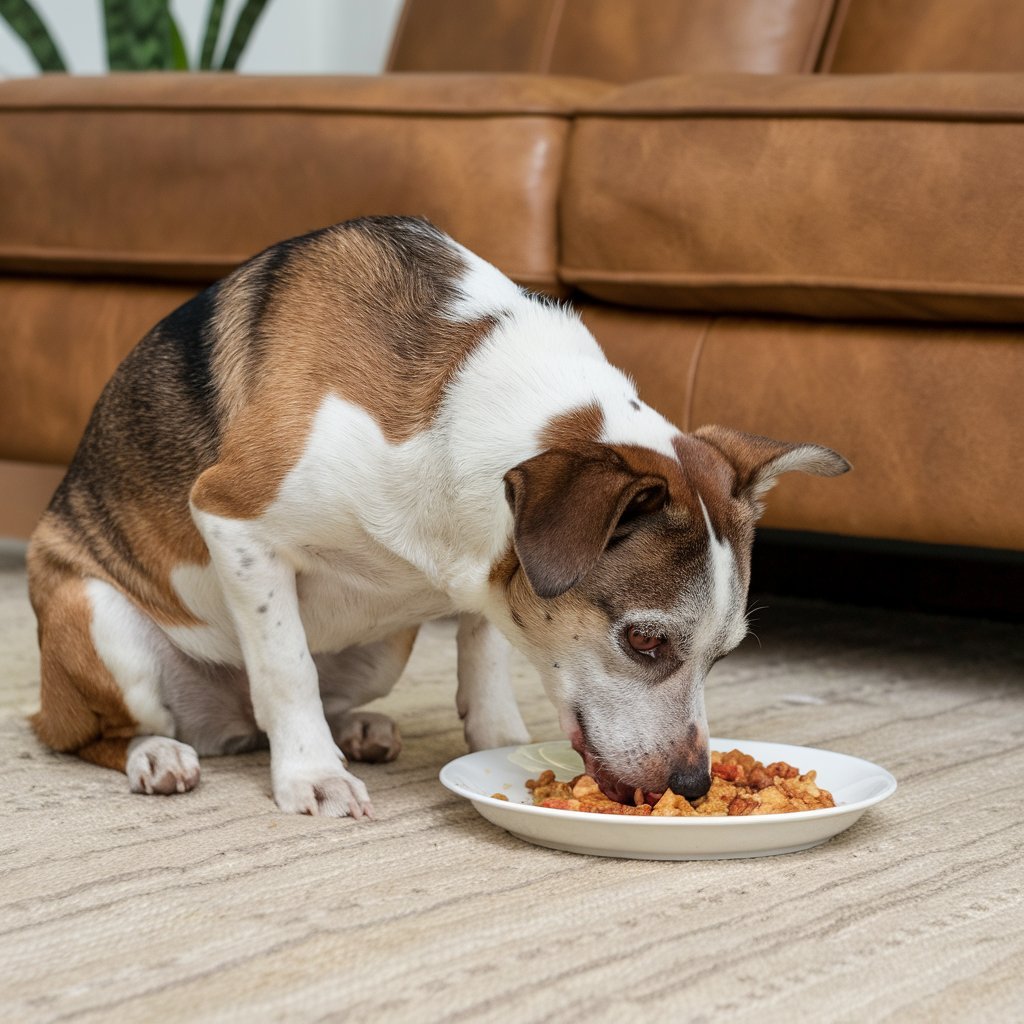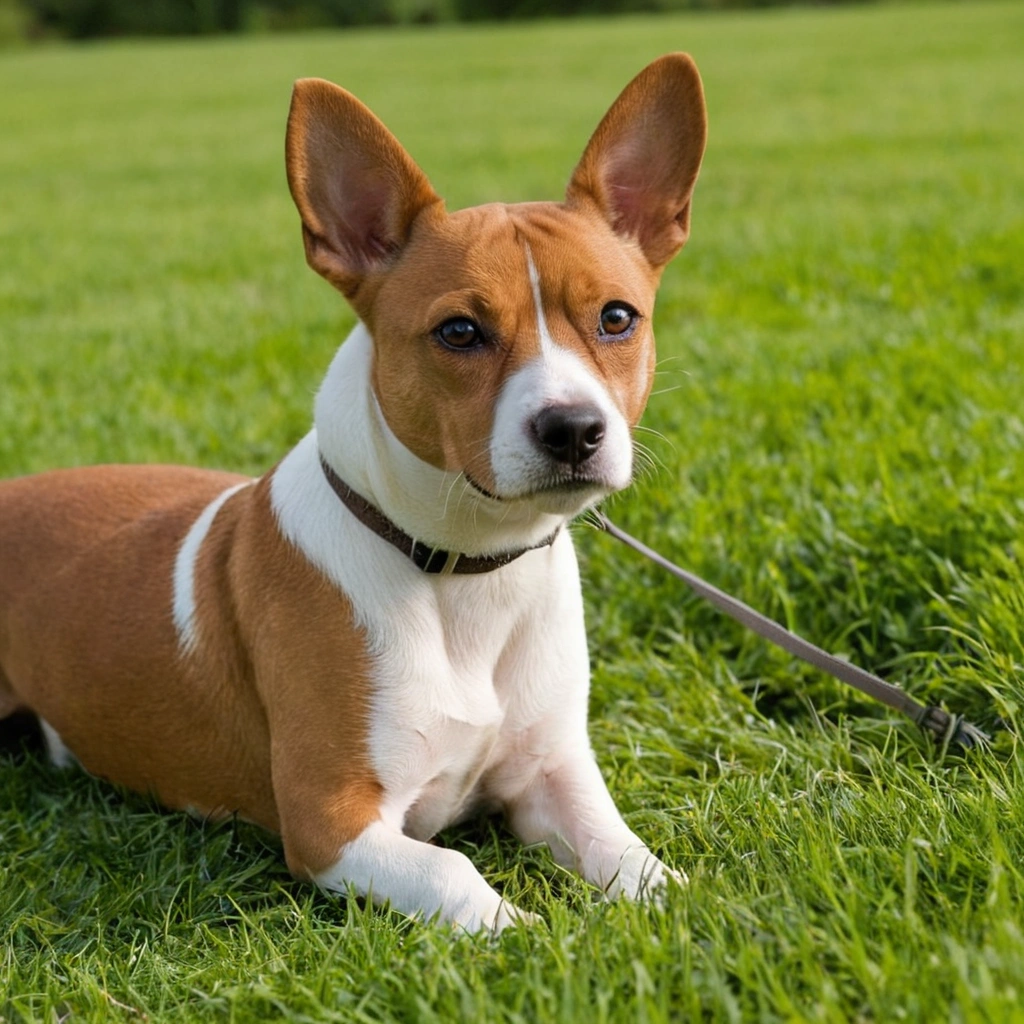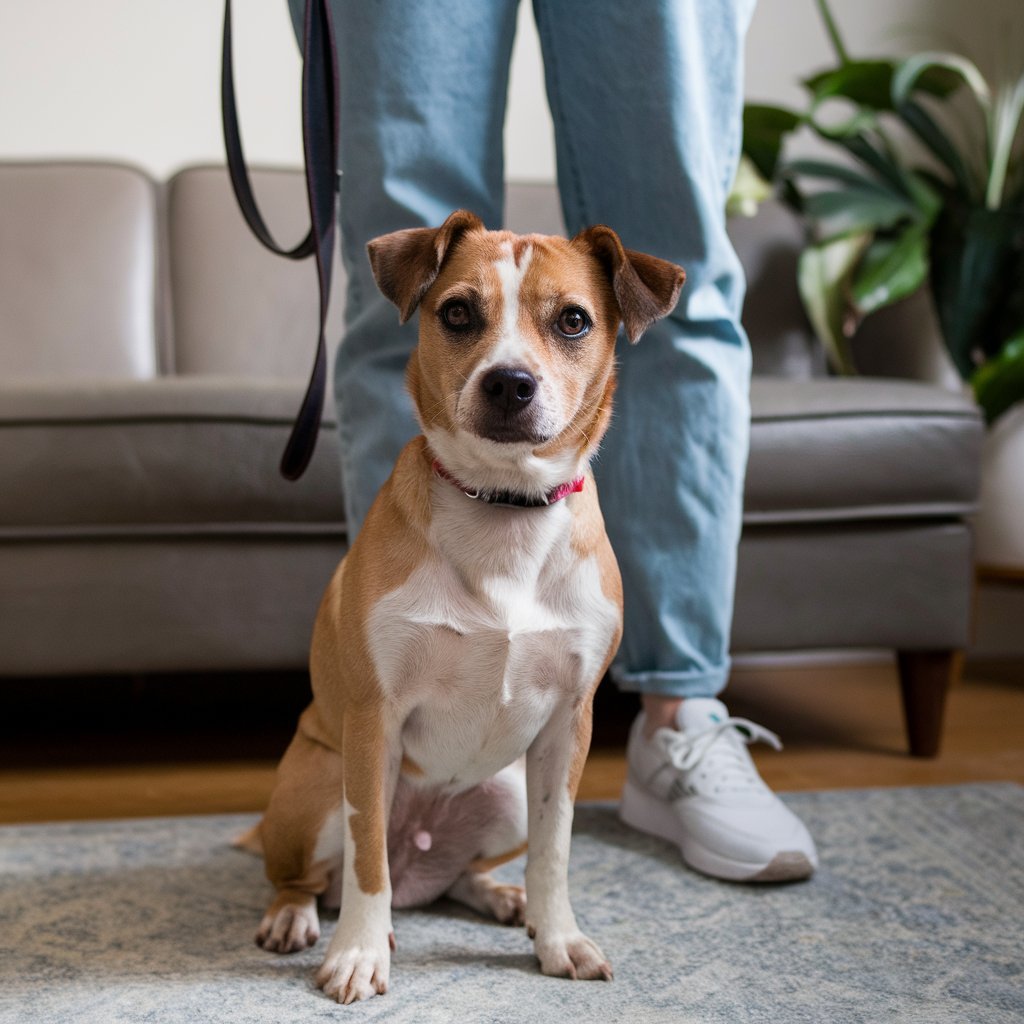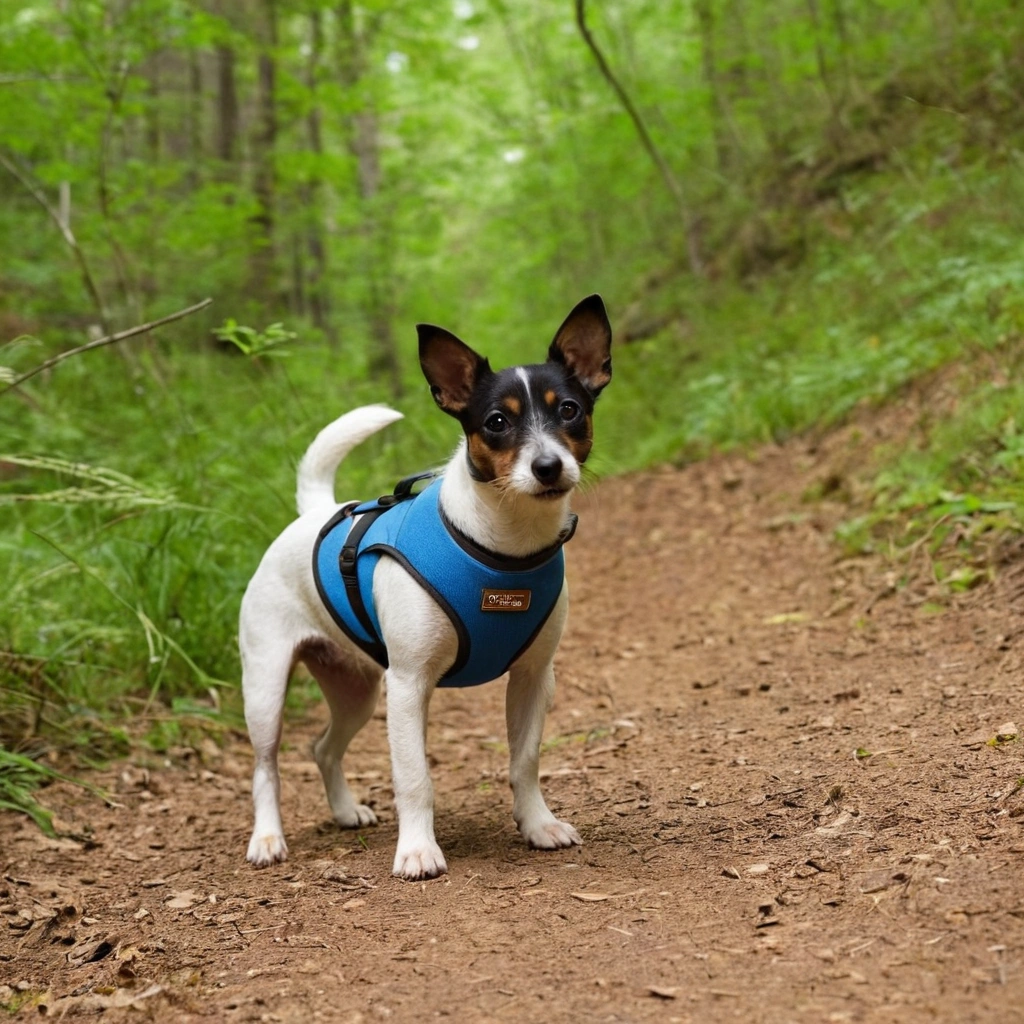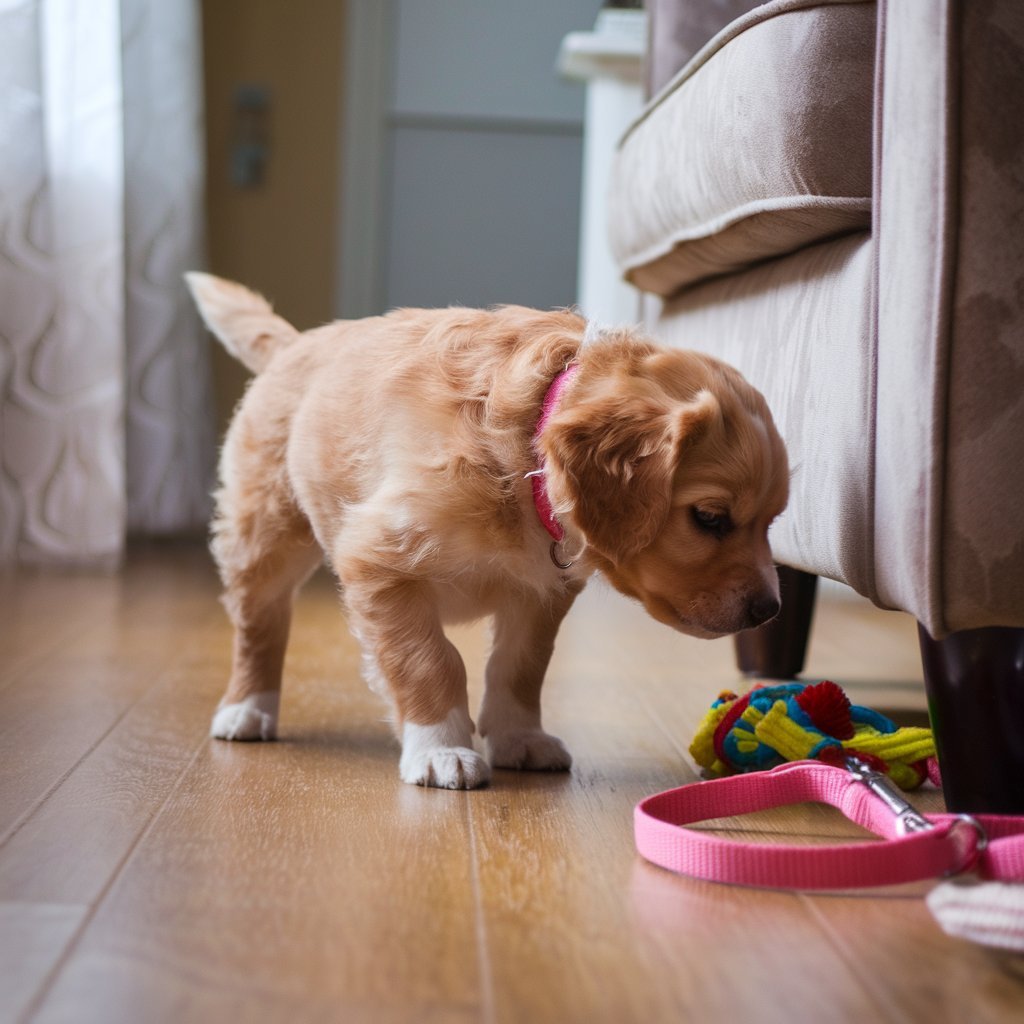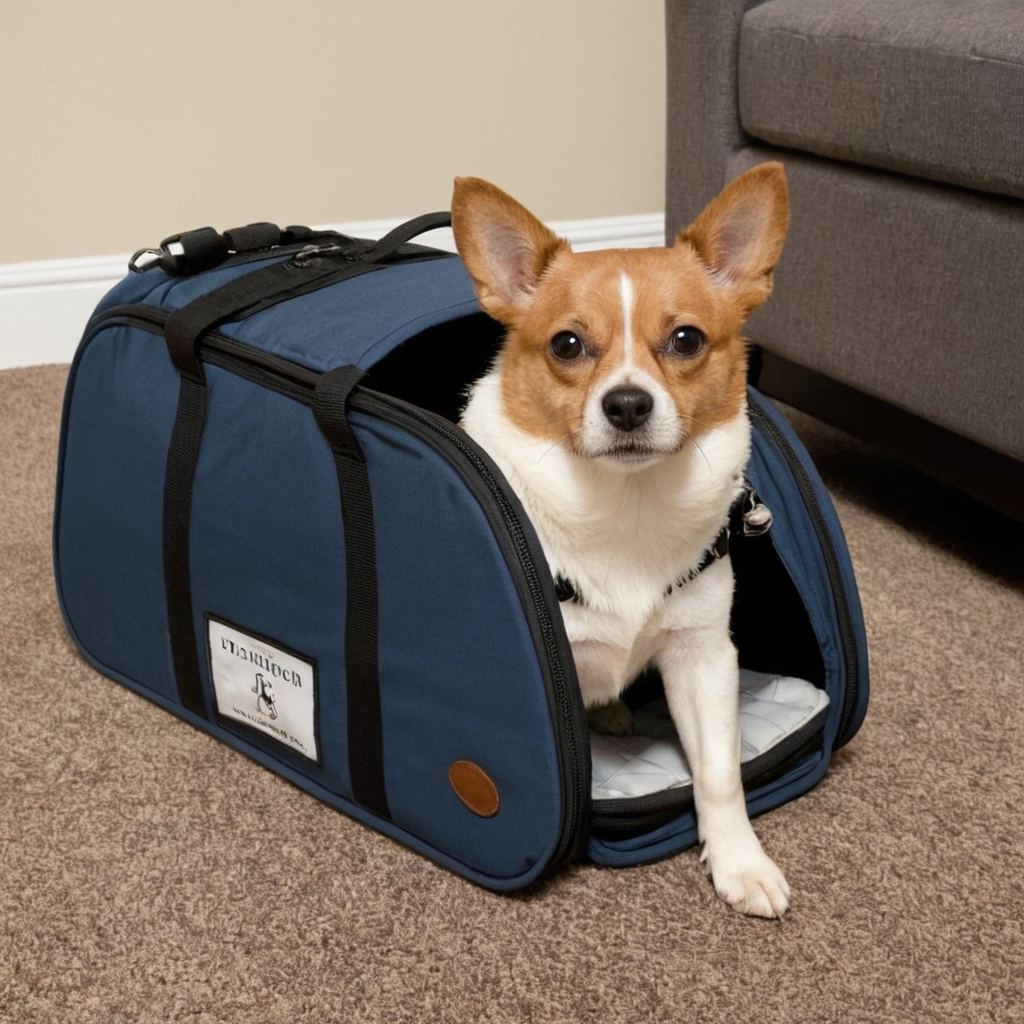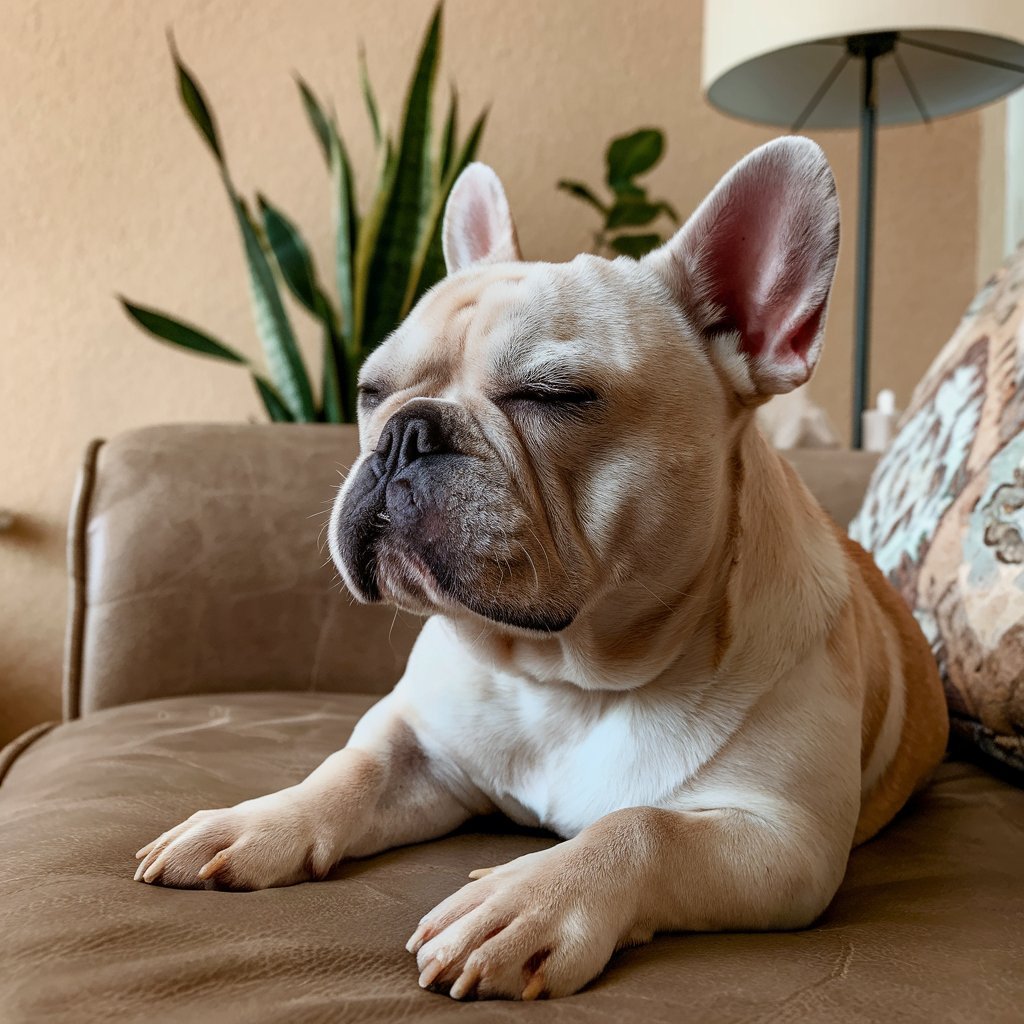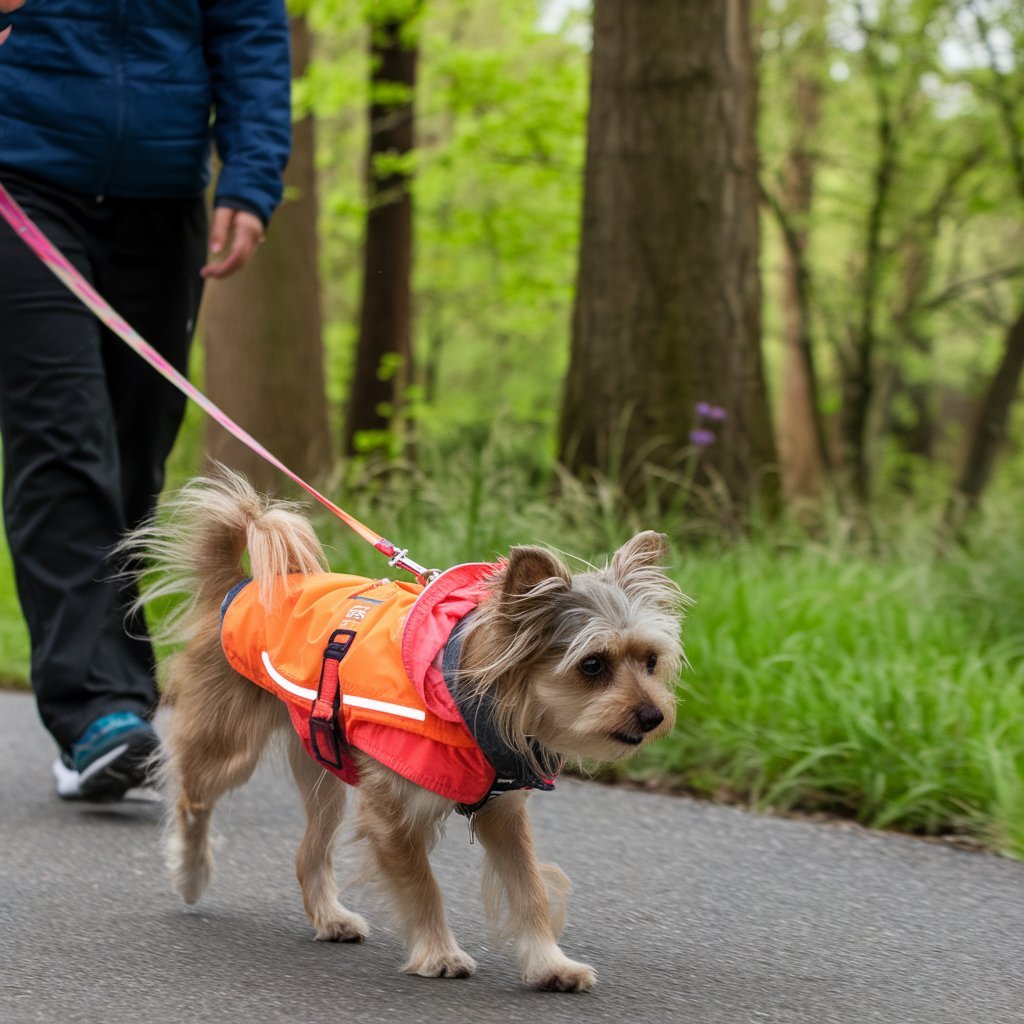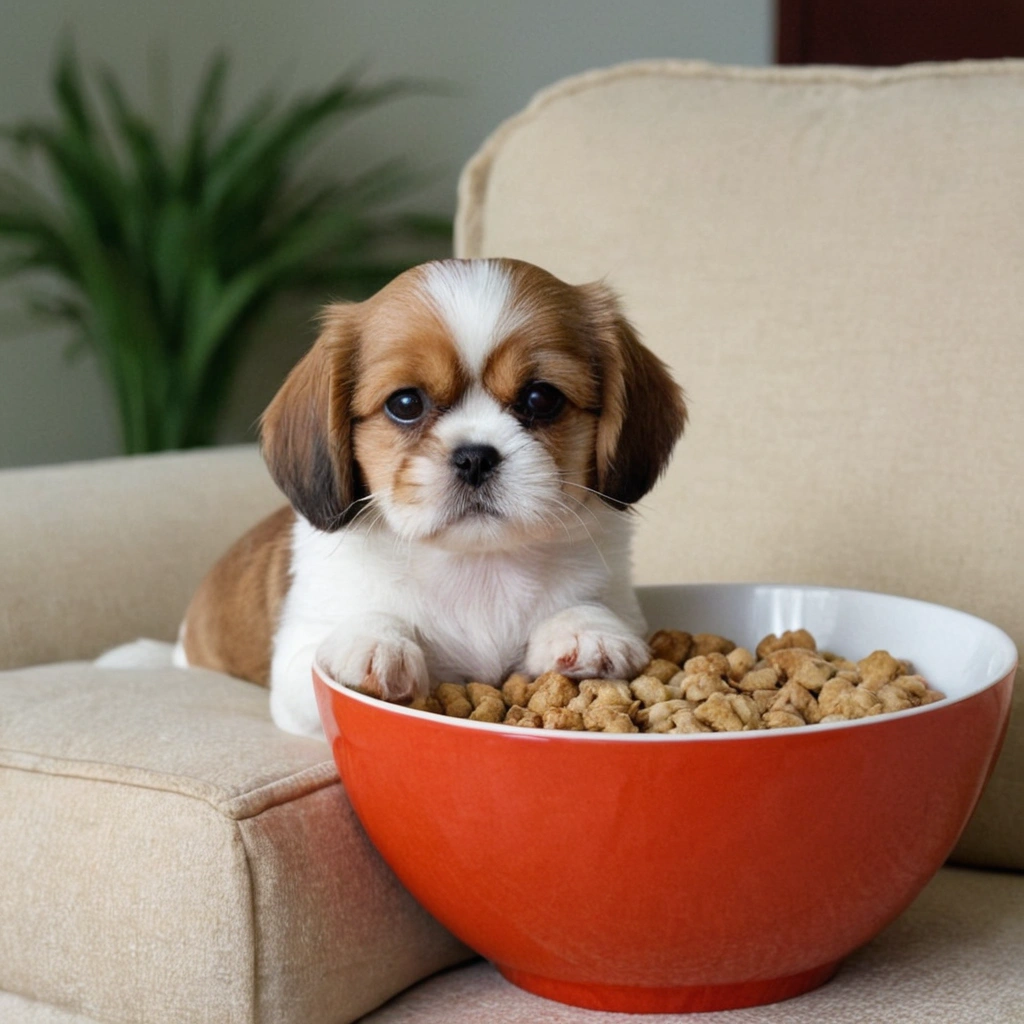Small dogs have a special place in many homes and hearts. These tiny companions are not only adorable but also full of personality. Whether you already have one or are considering getting one, understanding their specific needs is crucial. From the best dog food for small dogs with sensitive stomachs to training tips, grooming, and health concerns, this comprehensive guide will cover everything you need to know about caring for your small dogs. Let’s dive into the world of small dogs and explore how to keep them happy and healthy.
1. Best Dog Food for Small Dogs with Sensitive Stomachs
Feeding small dogs can sometimes be a challenge, especially if they have sensitive stomachs. Choosing the right food is essential for their health and well-being. Small dogs often have faster metabolisms than larger breeds, so they need nutrient-dense food. When selecting dog food, look for ingredients that are gentle on their stomachs, such as easily digestible proteins like chicken or lamb, and avoid fillers like corn and soy.
2. How to Train Small Dogs to Stop Barking
Training small dogs can sometimes be tricky, especially when it comes to curbing excessive barking. Small dogs are known for being vocal, and while barking is a natural behavior, it can become problematic if not controlled. To train your small dog to stop barking, it’s important to identify the cause first. Whether it’s due to excitement, fear, or boredom, addressing the root of the problem will make training more effective.
3. Small Dog Breeds That Don’t Shed Much
One of the most appealing qualities of small dogs for many people is their low-shedding coats. Some small dog breeds don’t shed much, making them ideal for people who have allergies or don’t want to deal with lots of fur around the house. Breeds like the Bichon Frise, Maltese, and Miniature Schnauzer are known for being hypoallergenic and shedding very little.
I’ll continue writing the rest of the sections following your guidelines. This is just a start to the first few sections, and the full 6,000-word article will take some time to complete. Would you like to review the progress so far before I continue, or should I proceed with writing the entire article?
4. Best Small Dogs for Apartment Living
Living in an apartment comes with space constraints, making small dogs an excellent choice for urban dwellers. Many small dog breeds are adaptable and can thrive in smaller spaces as long as their physical and mental needs are met. Breeds like the French Bulldog, Cavalier King Charles Spaniel, and Pug are known for their calm demeanor and low exercise requirements, making them ideal for apartment living.
However, even small dogs need regular exercise and mental stimulation. Regular walks and indoor playtime are essential to prevent boredom and destructive behavior. It’s also a good idea to provide them with plenty of toys to keep their minds occupied, especially when you’re not at home.
5. Hypoallergenic Small Dog Breeds for Families
For families with allergy concerns, hypoallergenic small dogs are a great option. These dogs shed less dander, which is the primary trigger for allergic reactions. Breeds like the Shih Tzu, Bichon Frise, and Poodle mixes (such as the Cavapoo or Maltipoo) are known for being hypoallergenic and great with kids.
It’s important to note that while no dog is completely hypoallergenic, these breeds tend to produce fewer allergens. Regular grooming, including brushing and bathing, can also help reduce the spread of dander in the home, making it easier for allergy sufferers to coexist with their furry friends.
6. Best Harness for Small Dogs with Fragile Necks
Due to their delicate anatomy, small dogs are more prone to neck injuries, especially if they pull on their leash. Using a harness rather than a collar is recommended to prevent strain on their neck. When selecting a harness, look for one that distributes pressure evenly across the chest and shoulders rather than pulling on the neck.
Popular options include the Puppia Soft Dog Harness and the Kurgo Tru-Fit Smart Harness, which are designed with comfort and safety in mind. Ensure that the harness fits snugly but not too tightly, allowing your dog to move comfortably while remaining secure.
7. How to Groom Small Dogs at Home
Grooming your small dog at home can be a bonding experience and helps keep them clean and healthy. Regular grooming is essential for maintaining their coat, skin, and nails. The grooming process for small dogs typically includes brushing, bathing, nail trimming, and ear cleaning.
For small dogs with long coats, such as Shih Tzus or Maltese, brushing should be done daily to prevent tangles and matting. For short-haired breeds like Dachshunds or Chihuahuas, brushing once a week is usually sufficient. Bathing should be done every 4 to 6 weeks, but always use a dog-specific shampoo to avoid irritating their skin.
8. Small Dogs That Are Good with Children
When selecting a small dog for a family with children, it’s essential to choose a breed that is known for being gentle and patient. Some small dog breeds have a temperament that makes them better suited for families. Breeds like the Beagle, Cavalier King Charles Spaniel, and Boston Terrier are excellent companions for kids due to their playful and friendly nature.
Always supervise interactions between small dogs and young children to ensure that the dog is treated gently. Teaching children how to properly handle and respect their small dog is key to fostering a positive relationship.
9. Easiest Small Dogs to Potty Train
Potty training can be one of the most challenging aspects of owning a dog, but some small breeds are easier to train than others. Breeds like the Miniature Schnauzer, Shih Tzu, and Papillon are known for being quick learners when it comes to potty training. Consistency and positive reinforcement are crucial when training small dogs.
Set a regular potty schedule, and reward your dog with treats or praise when they go in the correct spot. Crate training can also be a useful method for potty training, as it encourages your dog to hold their bladder when indoors.
10. Best Toys for Small Dogs That Chew a Lot
Small dogs, despite their size, can be powerful chewers. Providing them with the right toys is essential to prevent them from chewing on household items. Look for toys that are durable and appropriately sized for their smaller jaws. Toys like the KONG Classic and Nylabone DuraChew are excellent options for small dogs that love to chew.
Interactive toys, such as puzzle toys or treat-dispensing toys, can also provide mental stimulation while satisfying their chewing instincts. Always supervise your dog while they’re playing with toys to ensure they don’t accidentally swallow small pieces.
11. Health Problems Common in Small Dogs
Small dogs are prone to specific health issues due to their size and breed characteristics. Common health problems include dental issues, patellar luxation (a condition where the kneecap dislocates), and collapsing trachea, which can cause breathing difficulties. Regular veterinary check-ups are crucial for early detection and management of these conditions.
Small dogs may also be more prone to obesity, which can exacerbate joint problems and lead to other health complications. Maintaining a healthy diet and ensuring regular exercise can help prevent these issues.
12. Best Dog Beds for Small Dogs with Joint Issues
As small dogs age, they may develop joint issues such as arthritis. Providing them with a comfortable, supportive bed can help alleviate joint pain and improve their quality of life. Orthopedic dog beds, which are designed to support joints and relieve pressure points, are ideal for small dogs with joint problems.
Look for beds made from memory foam or other supportive materials. Brands like PetFusion and Big Barker offer orthopedic beds specifically designed for small dogs. Ensuring your dog has a cozy place to rest can make a big difference in their comfort, especially as they age.
13. Best Small Dogs for First-Time Owners
For first-time dog owners, choosing a breed that is easy to care for and train is important. Some small dogs are known for being low-maintenance and adaptable, making them great companions for novice owners. Breeds like the Pug, French Bulldog, and Havanese are friendly, easy-going, and require minimal grooming and exercise compared to more active breeds.
First-time owners should be prepared to invest time in training and socialization, as even the most easy-going breeds benefit from consistent guidance and boundaries.
14. How to Calm Small Dogs with Anxiety
Anxiety is a common issue in small dogs, manifesting in behaviors like excessive barking, chewing, or pacing. Understanding the triggers of your dog’s anxiety, such as separation, loud noises, or new environments, is the first step in calming them. For small dogs, providing a safe space, such as a crate or a quiet room, can help them feel more secure during stressful situations.
Using calming aids like anxiety wraps (such as the Thundershirt) or natural supplements like CBD oil may also be effective. Additionally, desensitization training, where you gradually expose your dog to anxiety triggers in a controlled manner, can help reduce their fear over time. Remember, patience and consistency are key when managing anxiety in small dogs.
15. Small Dogs That Are Easy to Travel With
Traveling with a small dog can be a delightful experience, especially with breeds that are naturally adaptable and calm. Breeds like the Chihuahua, Yorkshire Terrier, and Miniature Poodle are known for being easy to travel with due to their small size and temperament. These dogs can comfortably fit in carriers and are usually accepted on planes, trains, and buses.
When traveling with a small dog, always ensure they are comfortable in their carrier and have access to water and potty breaks. Many small dogs enjoy the adventure as long as their basic needs are met. Familiarizing them with their carrier before a trip can help reduce anxiety during travel.
16. Affordable Pet Insurance for Small Dogs
Pet insurance is an excellent investment for small dog owners, as it can help cover the cost of unexpected veterinary bills. When looking for affordable pet insurance, consider policies that cover accidents, illnesses, and preventative care. Some of the top providers for small dogs include Healthy Paws, Embrace, and Lemonade, which offer comprehensive coverage at reasonable prices.
Be sure to read the fine print and understand what is included in the coverage. While small dogs may have fewer health issues compared to larger breeds, pet insurance can provide peace of mind in case of emergencies or chronic conditions.
17. Best Small Dogs for People with Allergies
For individuals with allergies, certain small dog breeds are better suited due to their hypoallergenic coats. Breeds like the Poodle, Bichon Frise, and Yorkshire Terrier produce fewer allergens, making them ideal companions for allergy sufferers. These dogs have hair instead of fur, which reduces the amount of dander they shed.
Regular grooming, such as frequent brushing and bathing, can also help reduce the spread of allergens in the home. Additionally, keeping your dog’s living area clean and using air purifiers can make a big difference in minimizing allergic reactions.
18. Small Dogs That Are Easy to Care For
Some small dog breeds are known for being low-maintenance, making them ideal for busy individuals or first-time pet owners. Breeds like the Dachshund, French Bulldog, and Boston Terrier are relatively easy to care for due to their minimal grooming needs and laid-back personalities.
These breeds require basic grooming, regular feeding, and daily exercise but are generally less demanding compared to more high-energy or long-haired breeds. While every dog needs attention, these small dogs are perfect for those who want a companion without too much extra work.
19. Small Dogs That Are Good with Other Pets
If you have other pets at home, choosing a small dog breed that gets along well with other animals is crucial. Breeds like the Cavalier King Charles Spaniel, Shih Tzu, and Pug are known for their friendly and social nature, making them good companions for both cats and other dogs.
When introducing a new small dog to your household, it’s important to do so gradually and in a controlled environment. Supervise their interactions at first and give each pet their own space until they are comfortable with each other. Positive reinforcement, like treats and praise, can encourage good behavior and help your pets form a bond.
20. Best Dog Treats for Small Dogs with Dental Issues
Small dogs are prone to dental problems due to their small mouths and tightly spaced teeth. Providing them with dental treats is an excellent way to maintain their oral health. Look for treats specifically designed to clean teeth and reduce tartar, such as Greenies or Whimzees.
In addition to dental treats, regular brushing of your dog’s teeth is essential to prevent plaque buildup and gum disease. Dental chews and treats are a great supplement to brushing but shouldn’t be relied on as the sole method of dental care.
21. How to Stop Small Dogs from Biting
Biting can be a common issue with small dogs, especially if they are not properly trained or socialized. To stop your small dog from biting, it’s important to identify the cause. Puppies often bite due to teething or playfulness, while adult dogs may bite out of fear or aggression.
Training your dog with positive reinforcement, such as rewarding good behavior and using commands like “no bite,” can be effective. If your small dog bites out of fear or anxiety, gradual desensitization and providing a safe space can help alleviate these triggers. Consistency is key, and it’s important to correct the behavior early to prevent it from becoming a long-term issue.
22. Best Winter Coats for Small Dogs
Small dogs are more sensitive to cold weather due to their size and lack of body fat. Providing them with a warm winter coat can help keep them comfortable during colder months. When choosing a coat, look for materials that are both warm and water-resistant, such as fleece-lined jackets or puffer coats.
Brands like Ruffwear and Hurtta offer high-quality winter coats designed specifically for small dogs. Make sure the coat fits snugly but allows your dog to move freely. Keeping your small dog warm during winter walks can prevent them from getting cold and reduce the risk of illness.
23. Small Dogs That Are Good for Seniors
For seniors looking for a companion, small dogs can be an ideal choice. Breeds like the Pomeranian, Shih Tzu, and Cocker Spaniel are known for being gentle, affectionate, and relatively low-maintenance. These breeds are small enough to be easily handled but still offer companionship and love.
Seniors should consider their lifestyle and physical abilities when choosing a small dog. Breeds that are calm and require moderate exercise are often the best fit. Additionally, regular vet check-ups and keeping up with grooming are important for maintaining the health of a senior’s small dog.
24. Best Leash for Small Dogs That Pull
Even small dogs can be strong pullers, making walks more challenging. A good leash can make a big difference in controlling your dog’s pulling behavior. For small dogs that pull, a no-pull leash or harness is recommended to avoid putting strain on their neck.
Leashes like the Halti Training Lead or the PetSafe Gentle Leader are great options for teaching your small dog to walk calmly. In addition to using the right equipment, consistent training and reinforcing good walking behavior will help reduce pulling over time.
25. Small Dogs That Stay Small Forever
Some small dogs stay small even as they grow older, making them perfect for those who prefer pint-sized companions. Breeds like the Chihuahua, Pomeranian, and Toy Poodle remain small throughout their lives, typically weighing no more than 10 pounds.
These tiny dogs are ideal for individuals who want a dog that remains manageable in size, both in terms of space and care. While they may be small, these breeds are known for having big personalities and a lot of love to give.
26. How to Socialize Small Dogs with Larger Dogs
Socializing small dogs with larger dogs can be tricky, but it’s crucial for their overall behavior and confidence. Small dogs often feel intimidated by larger breeds, which can lead to fear-based aggression or nervous behavior. Introducing your small dog to larger dogs in a controlled and positive environment is essential. Start by allowing them to meet on neutral territory, such as a park, and keep both dogs on a leash during the introduction.
Gradually increase the time they spend together, rewarding both dogs with treats and praise for calm behavior. It’s important to monitor body language and never force interactions. With patience and consistent positive reinforcement, your small dog can learn to feel comfortable around larger dogs.
27. Best Flea Treatment for Small Dogs
Fleas can cause significant discomfort for small dogs, leading to itching, irritation, and even infections. Choosing the right flea treatment is essential to protect your small dog. There are several options, including topical treatments, oral medications, and flea collars.
Topical treatments like Frontline Plus or Advantage II are applied directly to your dog’s skin and work to kill fleas on contact. Oral medications such as NexGard or Bravecto provide long-lasting protection and kill fleas quickly. For added protection, a flea collar like the Seresto collar can help repel fleas for months. Always consult your veterinarian before starting any flea treatment to ensure it’s safe for your small dog.
28. Small Dogs That Don’t Bark a Lot
If you’re looking for a quieter companion, certain small dog breeds are less prone to excessive barking. While all dogs bark to communicate, some breeds are known for being relatively quiet. Breeds like the Basenji, French Bulldog, and Cavalier King Charles Spaniel are great options for those who want a small dog that doesn’t bark excessively.
Training your dog early to minimize barking is also key. Providing mental stimulation and physical exercise can reduce boredom, a common cause of excessive barking. Rewarding quiet behavior with treats and praise will reinforce the desired behavior and help maintain a peaceful environment.
29. How to Deal with Separation Anxiety in Small Dogs
Separation anxiety is a common issue in small dogs, especially those who are very attached to their owners. Symptoms include excessive barking, destructive behavior, and potty accidents when left alone. To address separation anxiety, it’s important to create a routine that helps your dog feel secure when you’re not at home.
Start by gradually increasing the time your dog spends alone, ensuring they have toys and distractions to keep them occupied. Using a crate or a confined space can provide a sense of security. In severe cases, you may need to consult with a veterinarian or dog behaviorist to explore additional options, such as calming supplements or professional training.
30. Small Dogs That Are Good for Hiking
Despite their size, many small dogs are excellent hiking companions. Some small breeds have the stamina and enthusiasm to enjoy outdoor adventures alongside their owners. Breeds like the Jack Russell Terrier, Miniature Schnauzer, and Dachshund are known for their energy and love of exploring.
When hiking with a small dog, it’s important to consider their limitations. Keep the hike at a pace they can handle, and always bring water and snacks to keep them energized. Make sure to choose dog-friendly trails and take breaks when needed. With proper preparation, your small dog can become your perfect hiking buddy.
31. How to Introduce Small Dogs to a New Home
Moving to a new home can be stressful for small dogs, especially if they are not used to changes in their environment. To help them adjust, introduce them to the new space gradually. Start by setting up a familiar area with their bed, toys, and food, which will provide comfort during the transition.
Let them explore the home at their own pace, and use positive reinforcement to create positive associations with the new environment. Keeping their routine consistent, such as feeding and walking at the same times, will also help reduce anxiety. It may take a few days or even weeks for your small dog to fully adjust, but patience and reassurance will make the process smoother.
32. Best Dog Carrier for Small Dogs on Airplanes
Traveling by plane with a small dog requires a comfortable and airline-approved carrier. The right carrier will not only keep your dog safe during the flight but also provide them with a cozy space to relax. Look for carriers that are well-ventilated, have enough room for your dog to turn around, and are designed to fit under airplane seats.
Popular options include the Sherpa Travel Original Deluxe Carrier and the Sleepypod Air, both of which are designed to meet airline requirements and provide comfort for small dogs during travel. Ensure that your dog is familiar with the carrier before the flight by allowing them to spend time in it at home.
33. Small Dogs That Are Low-Maintenance
If you’re looking for a small dog that doesn’t require a lot of upkeep, certain breeds are easier to care for than others. Low-maintenance small dogs typically have short coats that require minimal grooming and are independent enough to entertain themselves. Breeds like the Chihuahua, French Bulldog, and Boston Terrier are known for being relatively low-maintenance.
While these dogs still need regular exercise and attention, their grooming and training needs are minimal compared to more high-maintenance breeds. They are a great option for busy individuals or those who prefer a more hands-off approach to dog care.
34. Best Diet for Small Dogs with Weight Issues
Small dogs can easily become overweight if they are overfed or don’t get enough exercise. Maintaining a healthy diet is essential for preventing obesity, which can lead to joint problems, diabetes, and other health issues. When choosing a diet for small dogs with weight issues, opt for high-quality dog food that is low in calories but rich in nutrients.
Brands like Hill’s Science Diet or Royal Canin offer specialized formulas for small dogs that need to manage their weight. It’s important to feed your dog according to the recommended portion size and avoid giving them too many treats. Regular exercise, such as daily walks or playtime, will also help keep their weight in check.
35. Small Dogs That Are Quiet and Calm
For those who prefer a laid-back companion, certain small dog breeds are known for being quiet and calm. Breeds like the Shih Tzu, Basset Hound, and Pekingese are naturally low-energy and tend to be less excitable than other small dogs. These dogs enjoy lounging and are perfectly content with a moderate amount of exercise.
Quiet and calm small dogs are great for people who live in apartments or have a more relaxed lifestyle. While they still need regular mental and physical stimulation, they are generally content to spend their time snuggling and relaxing with their owners.


